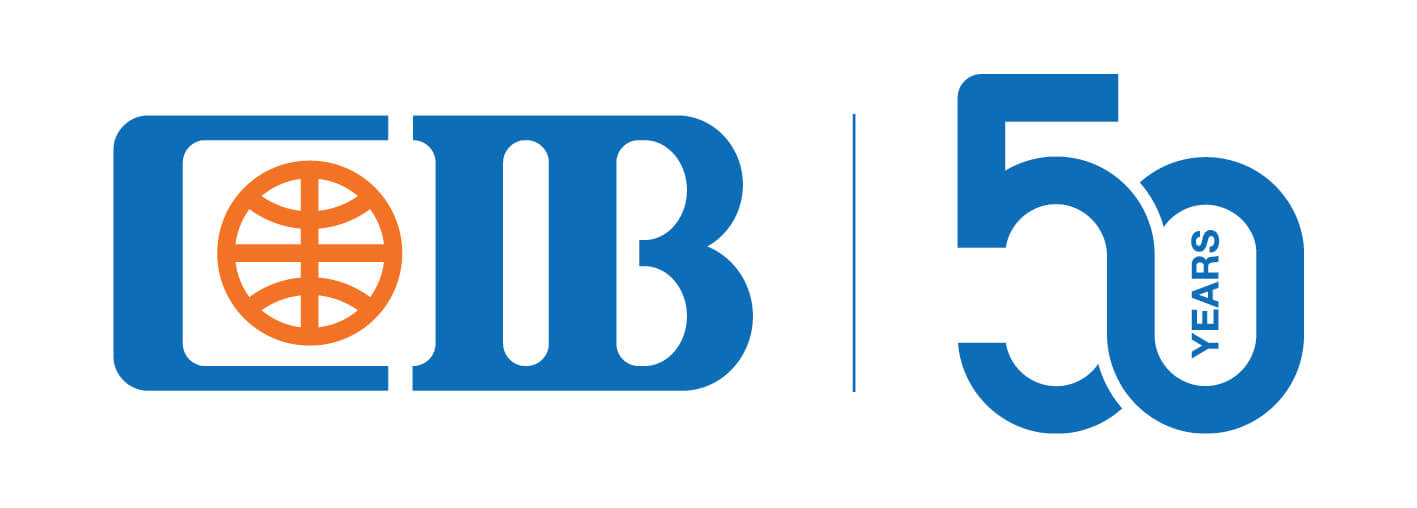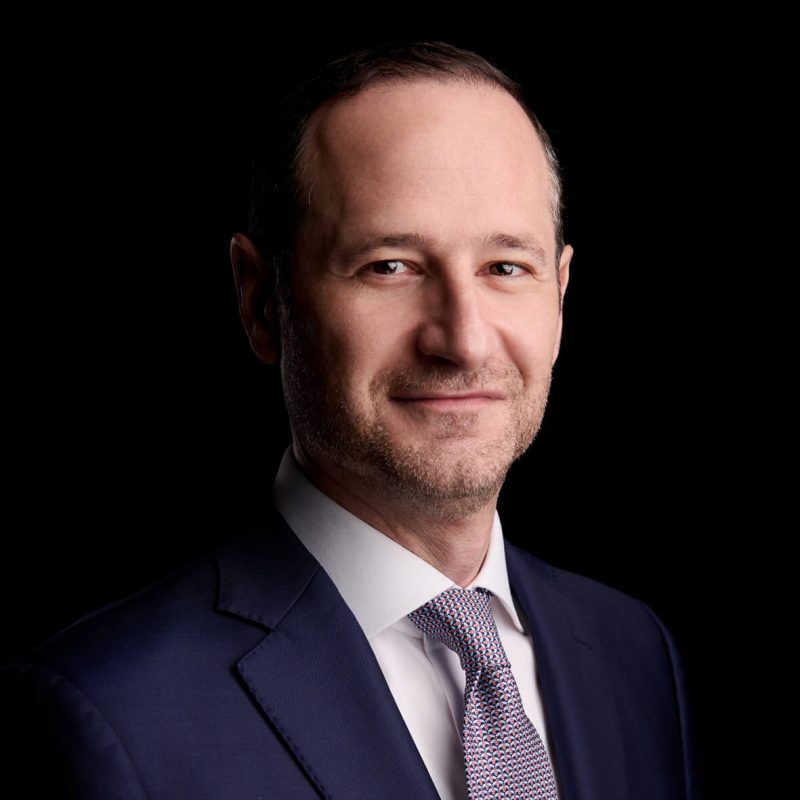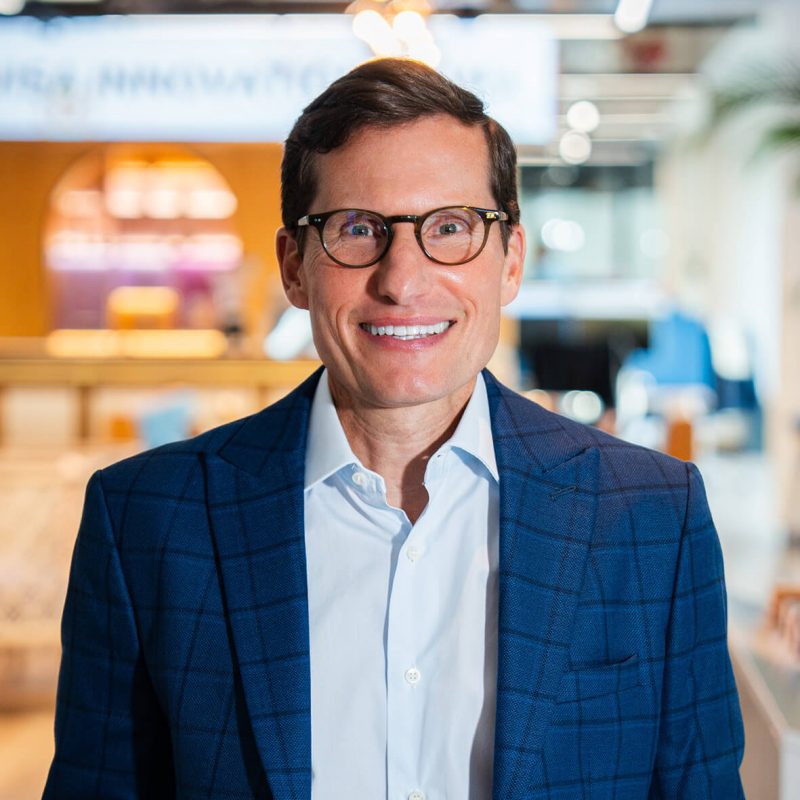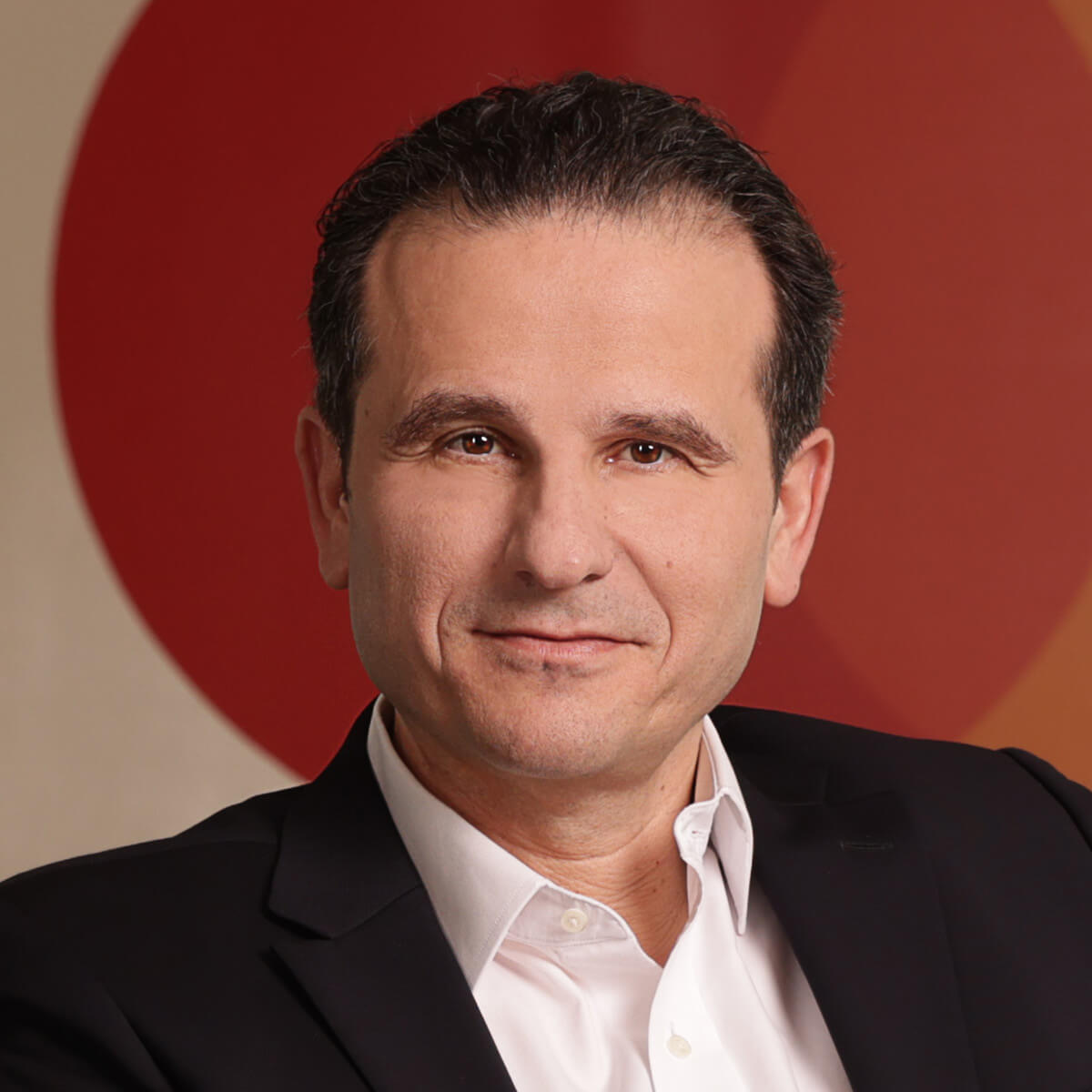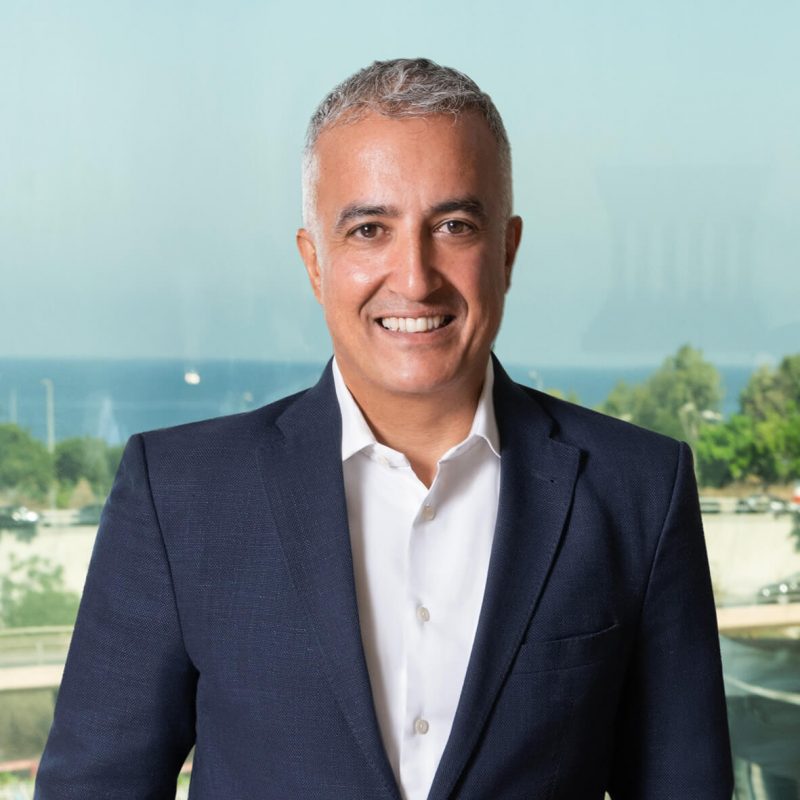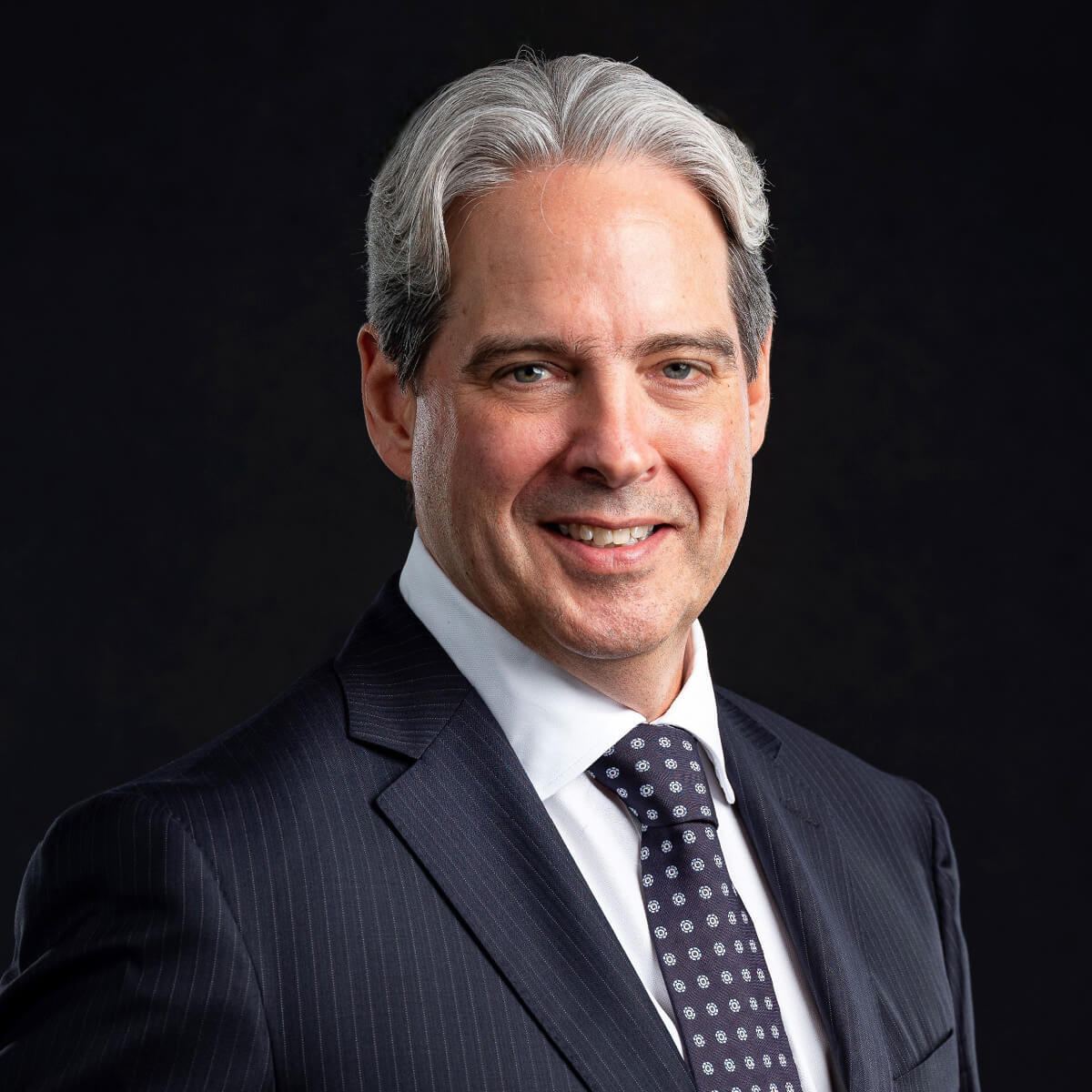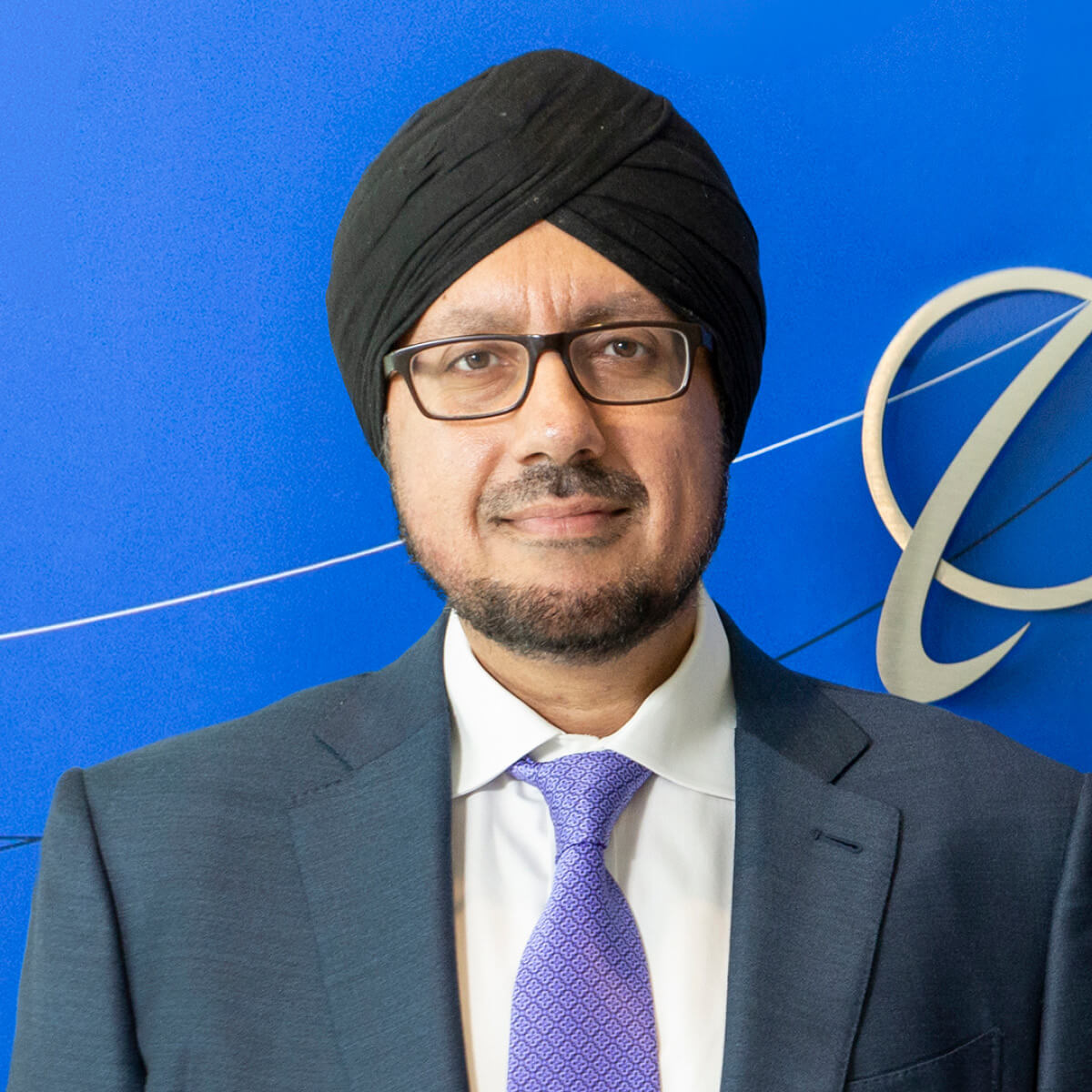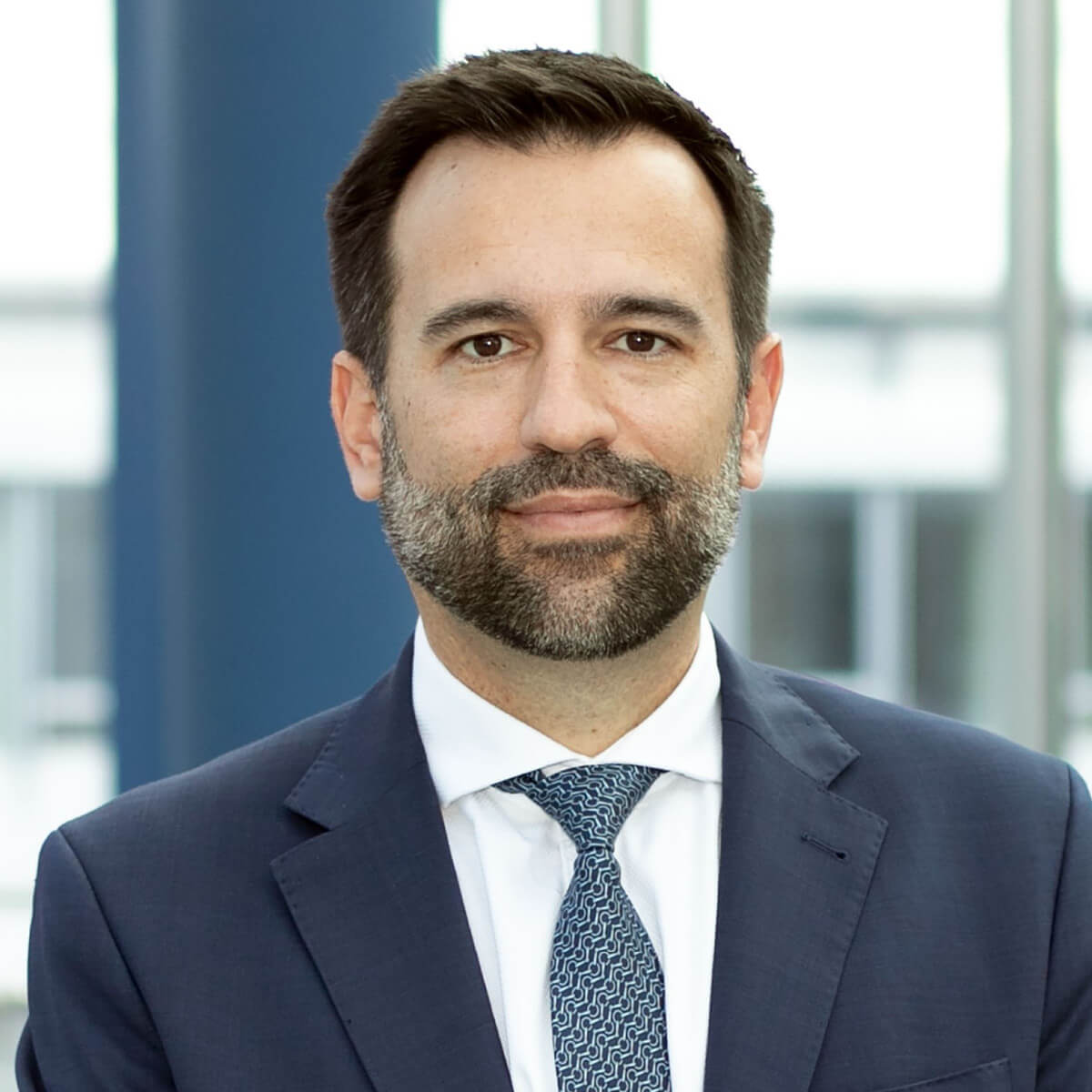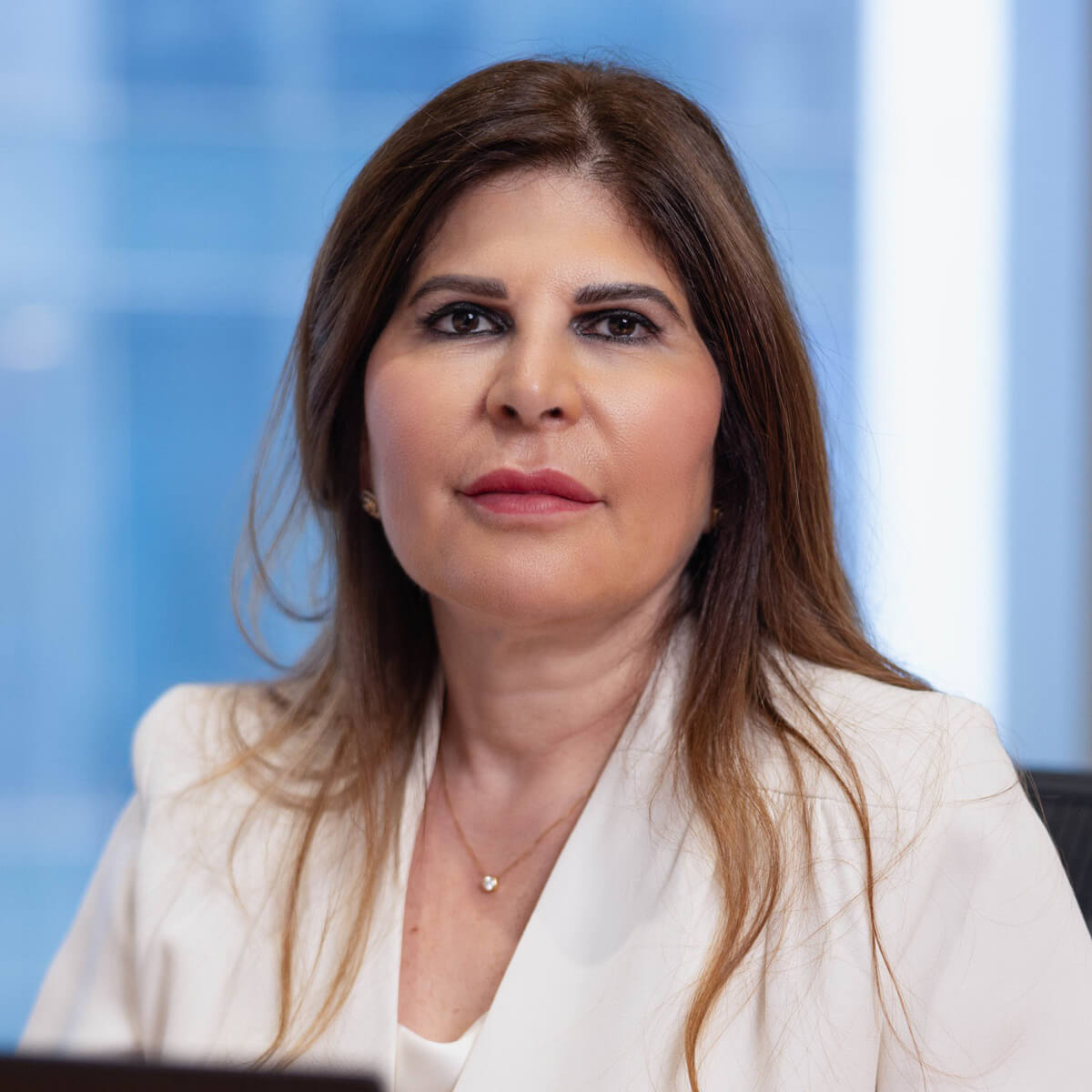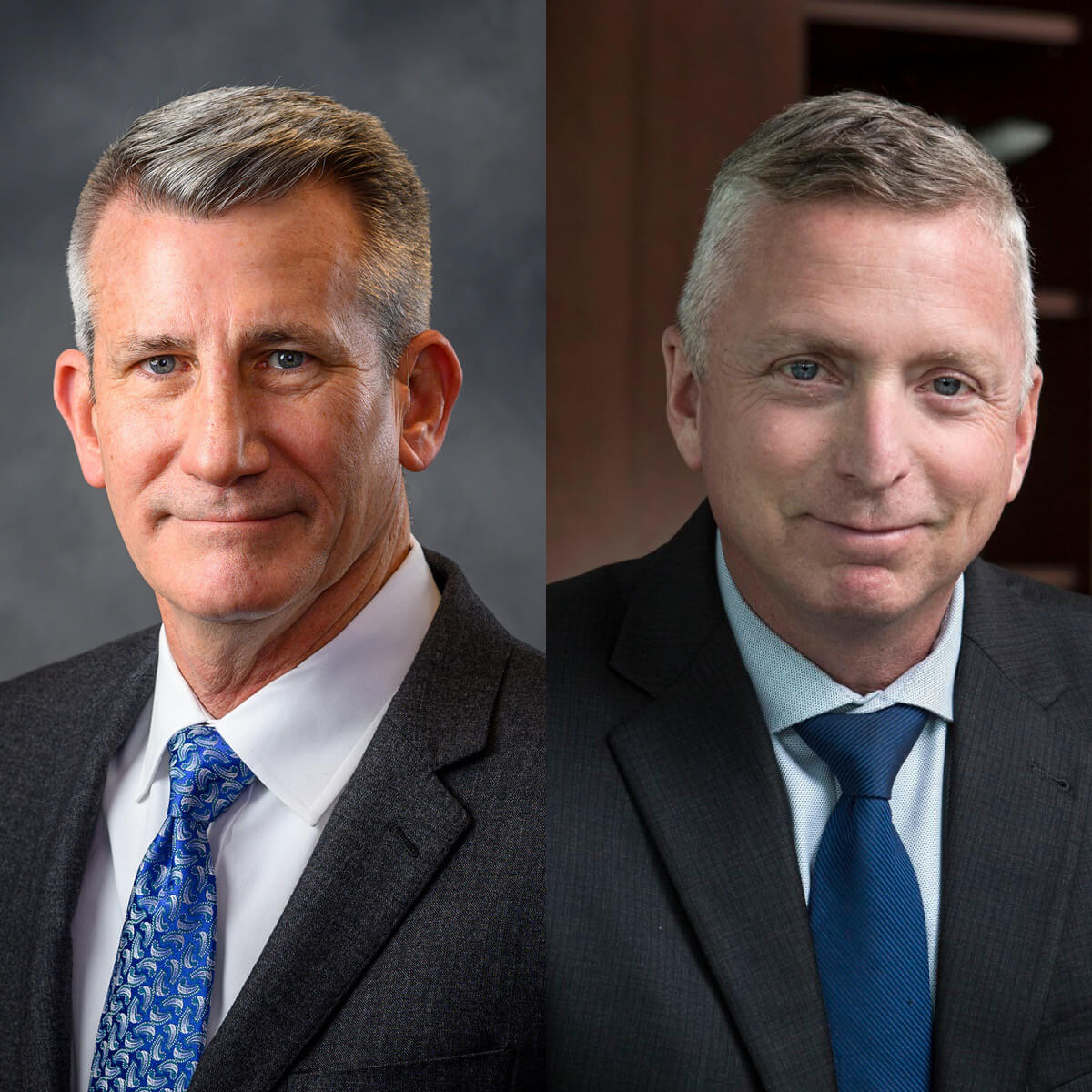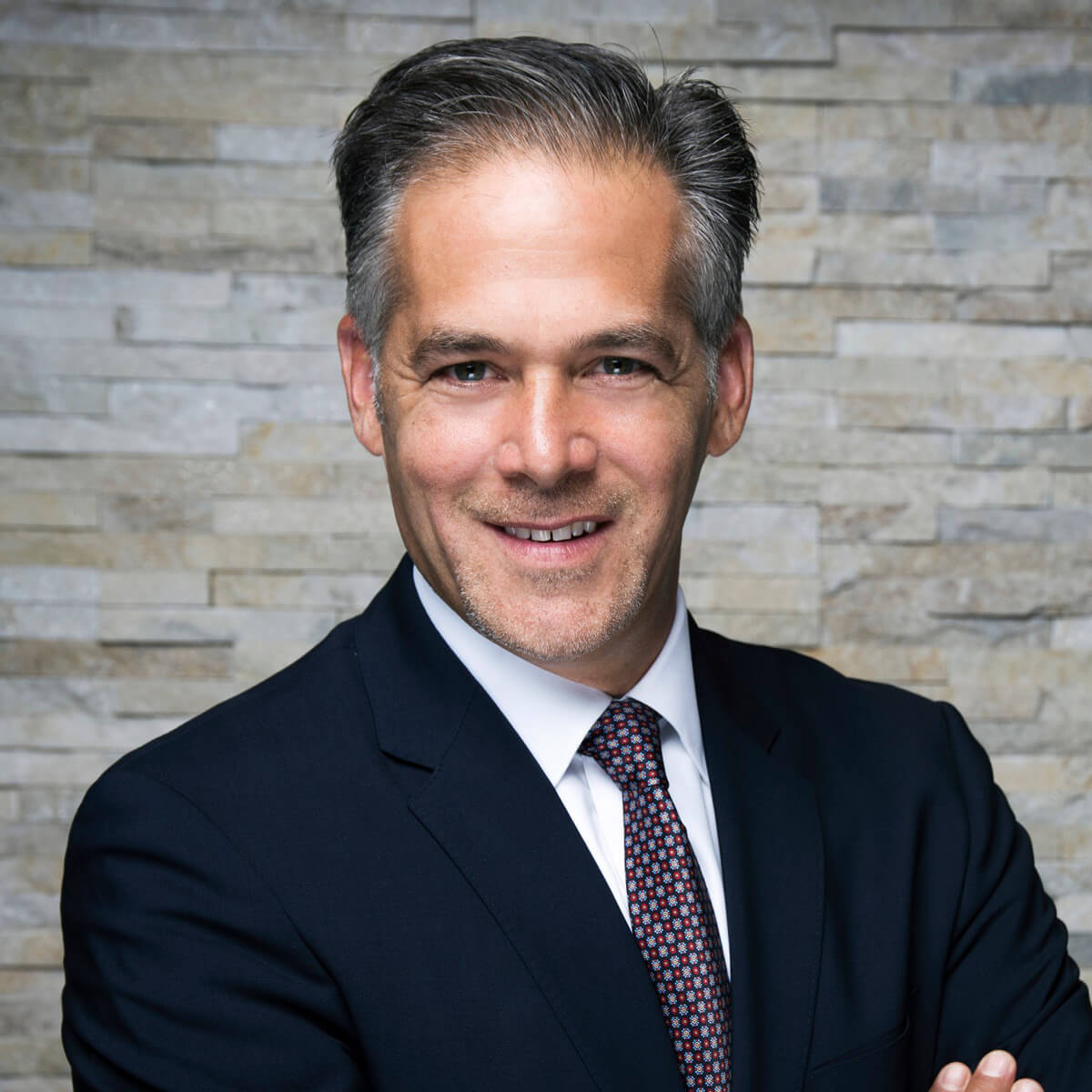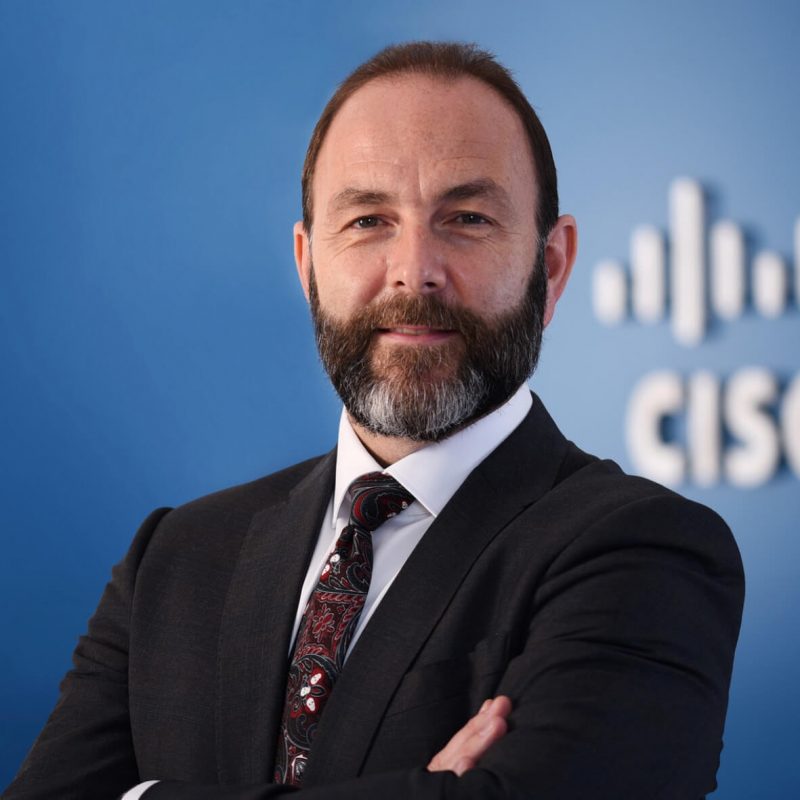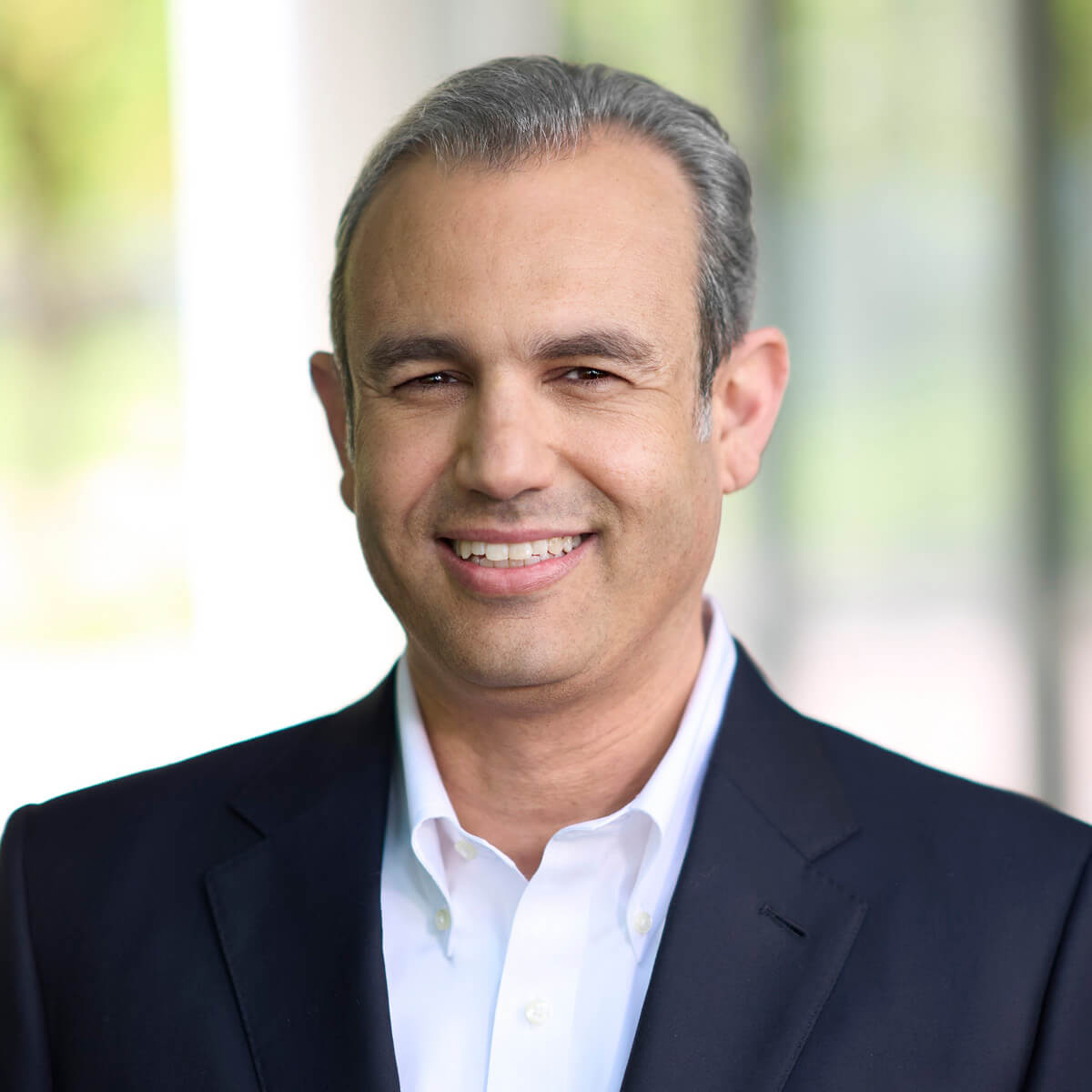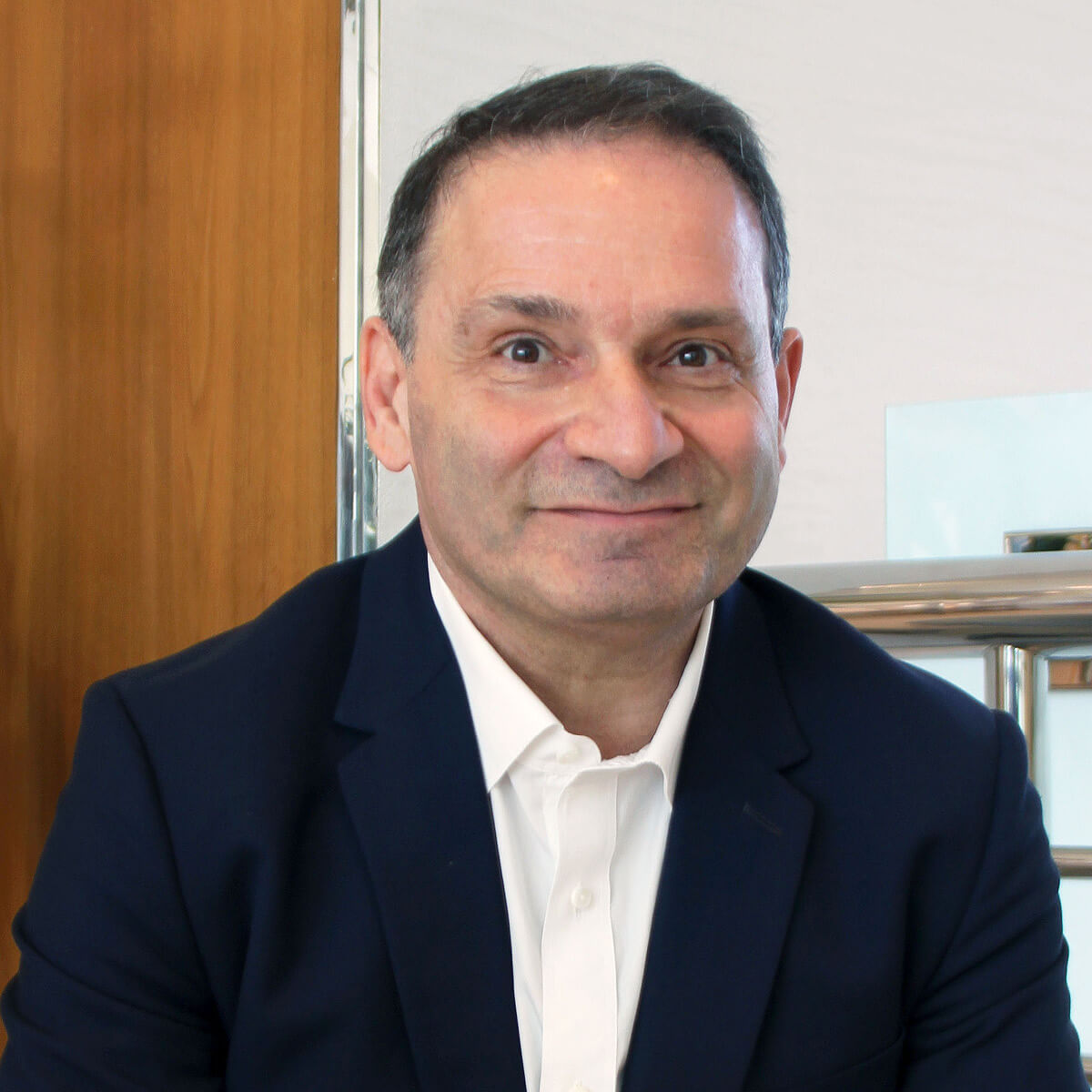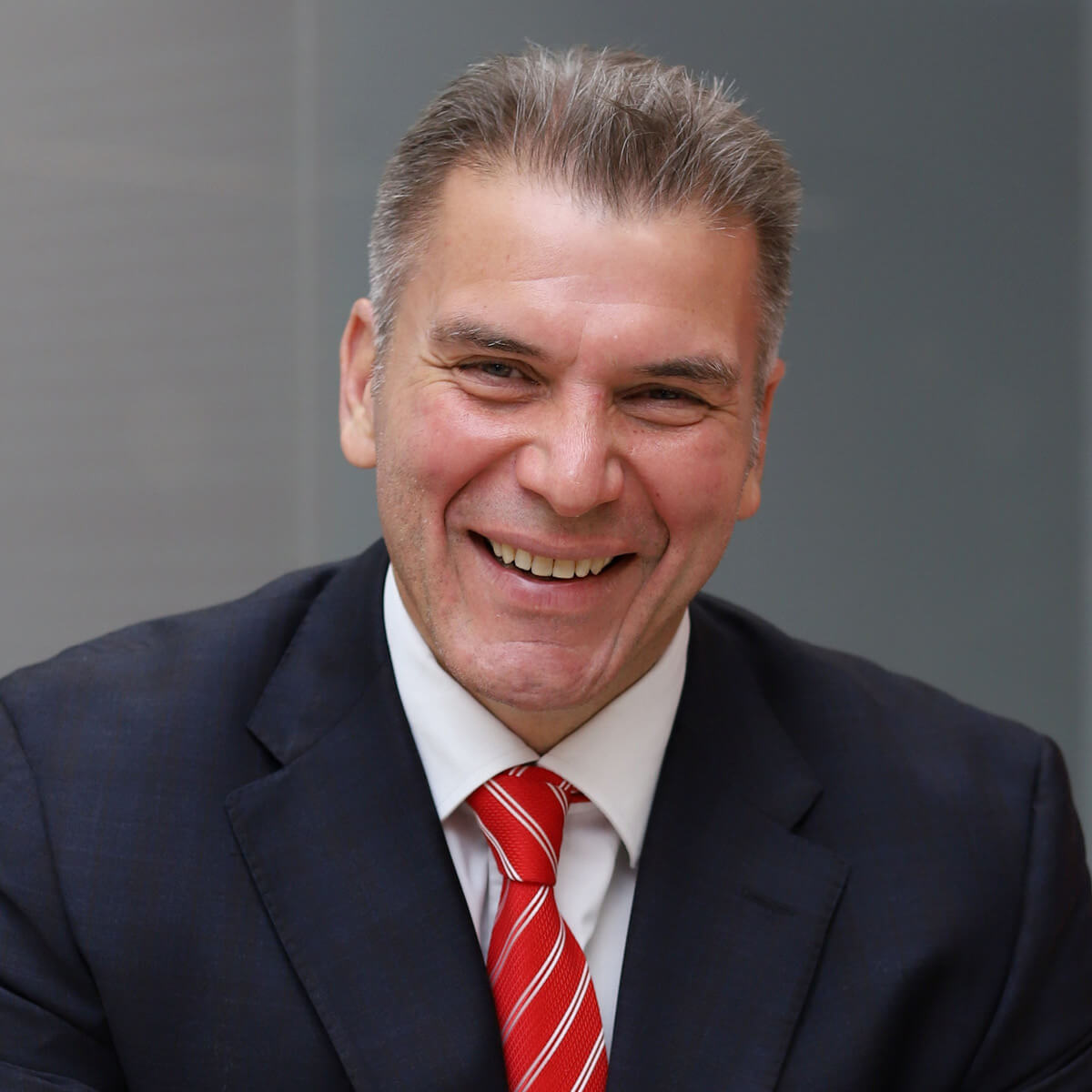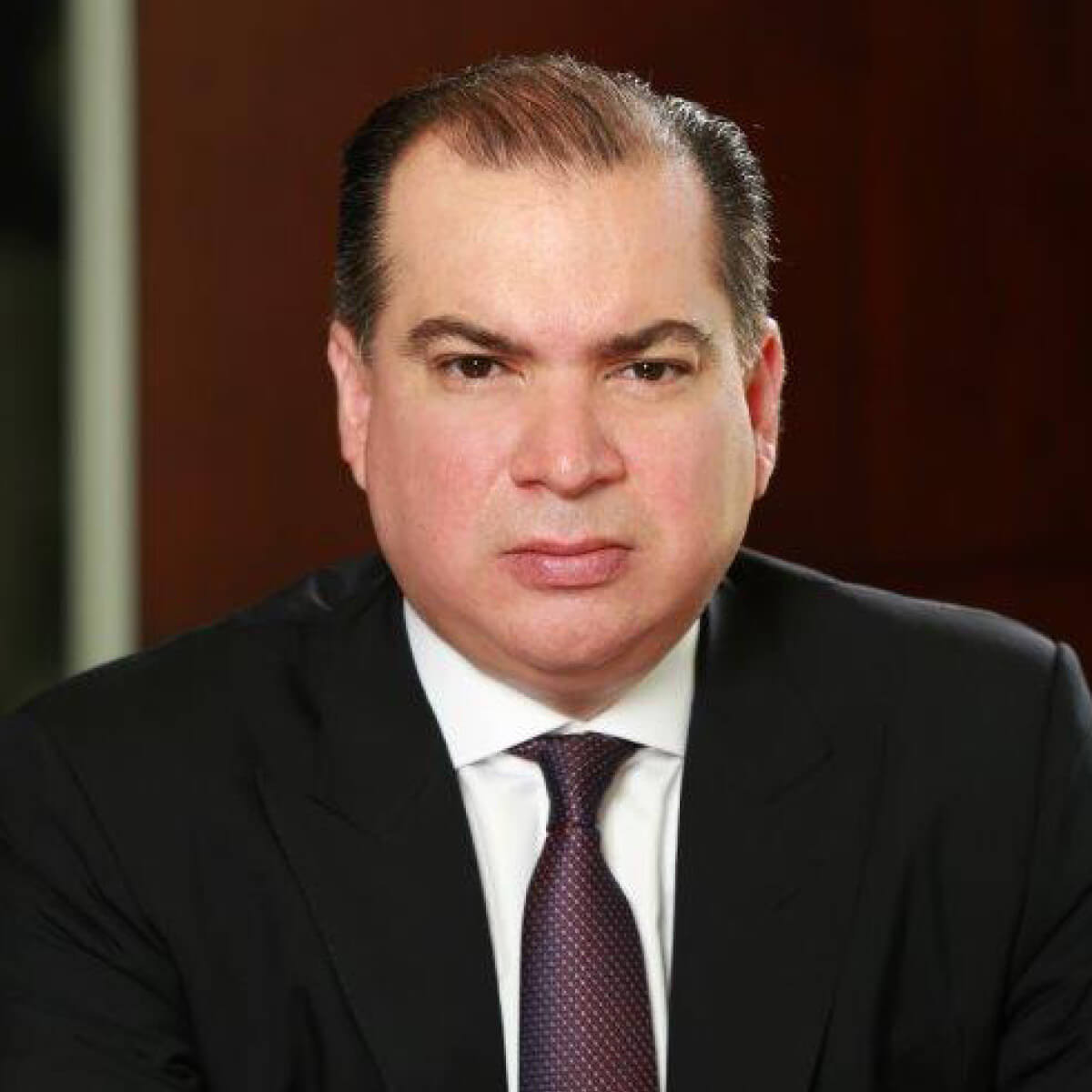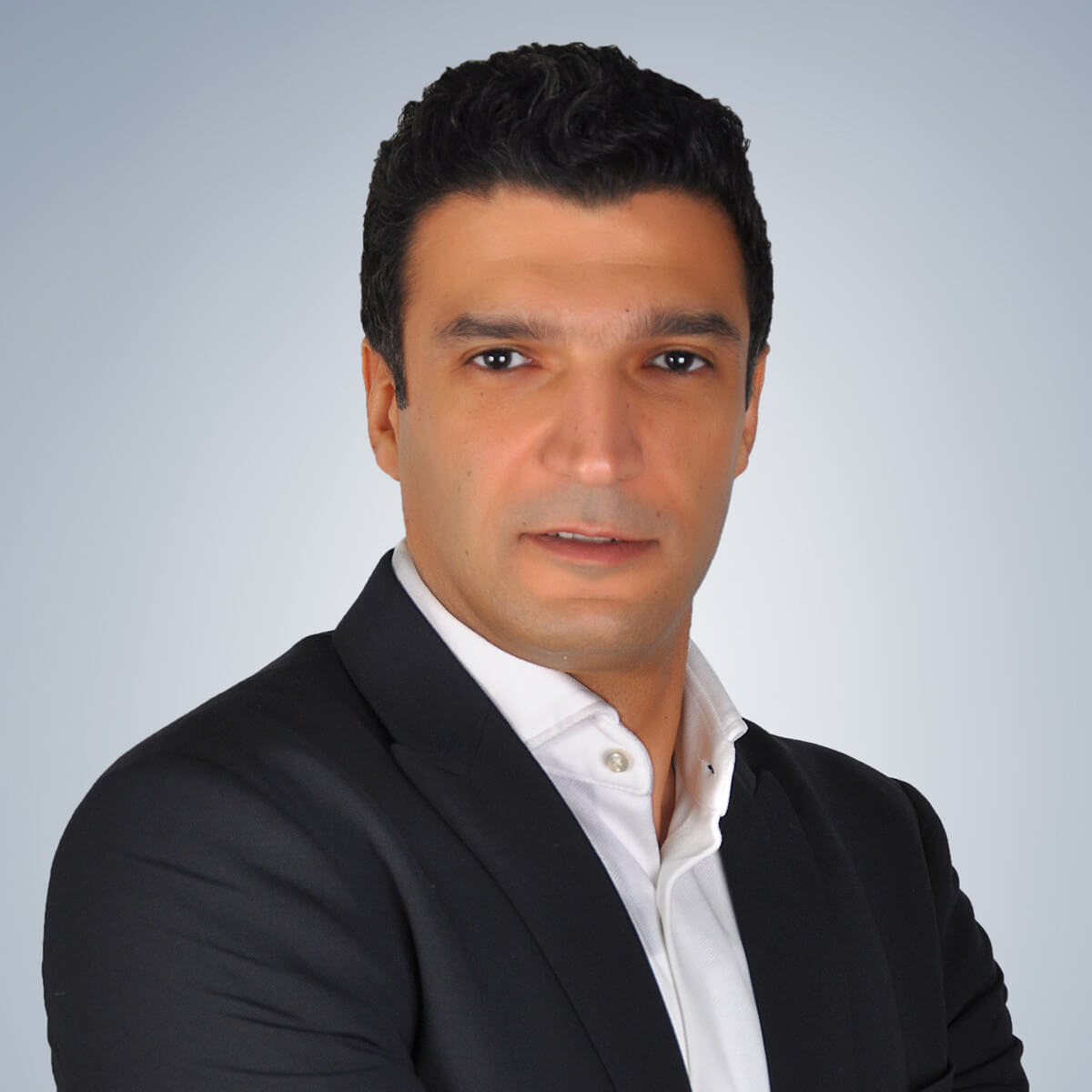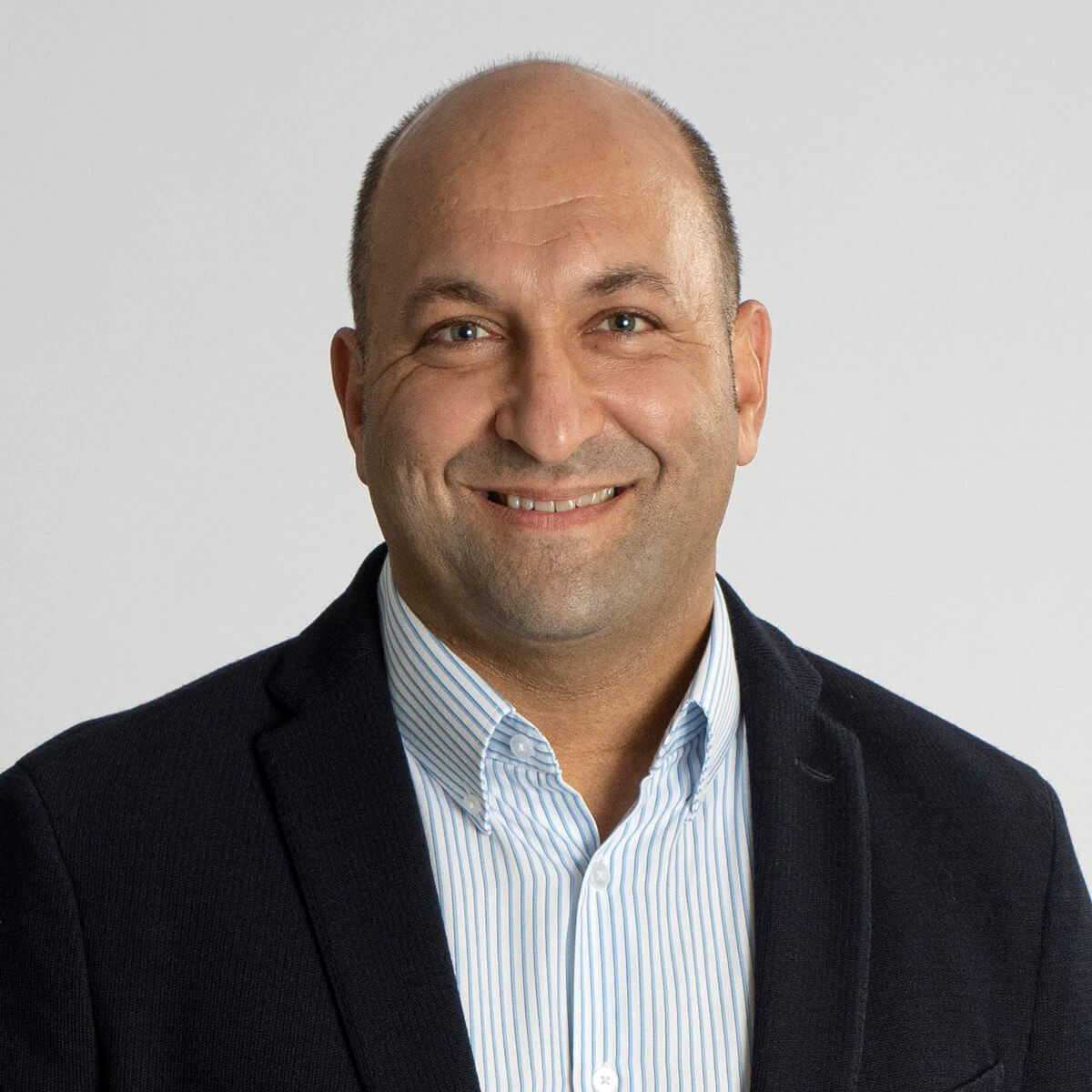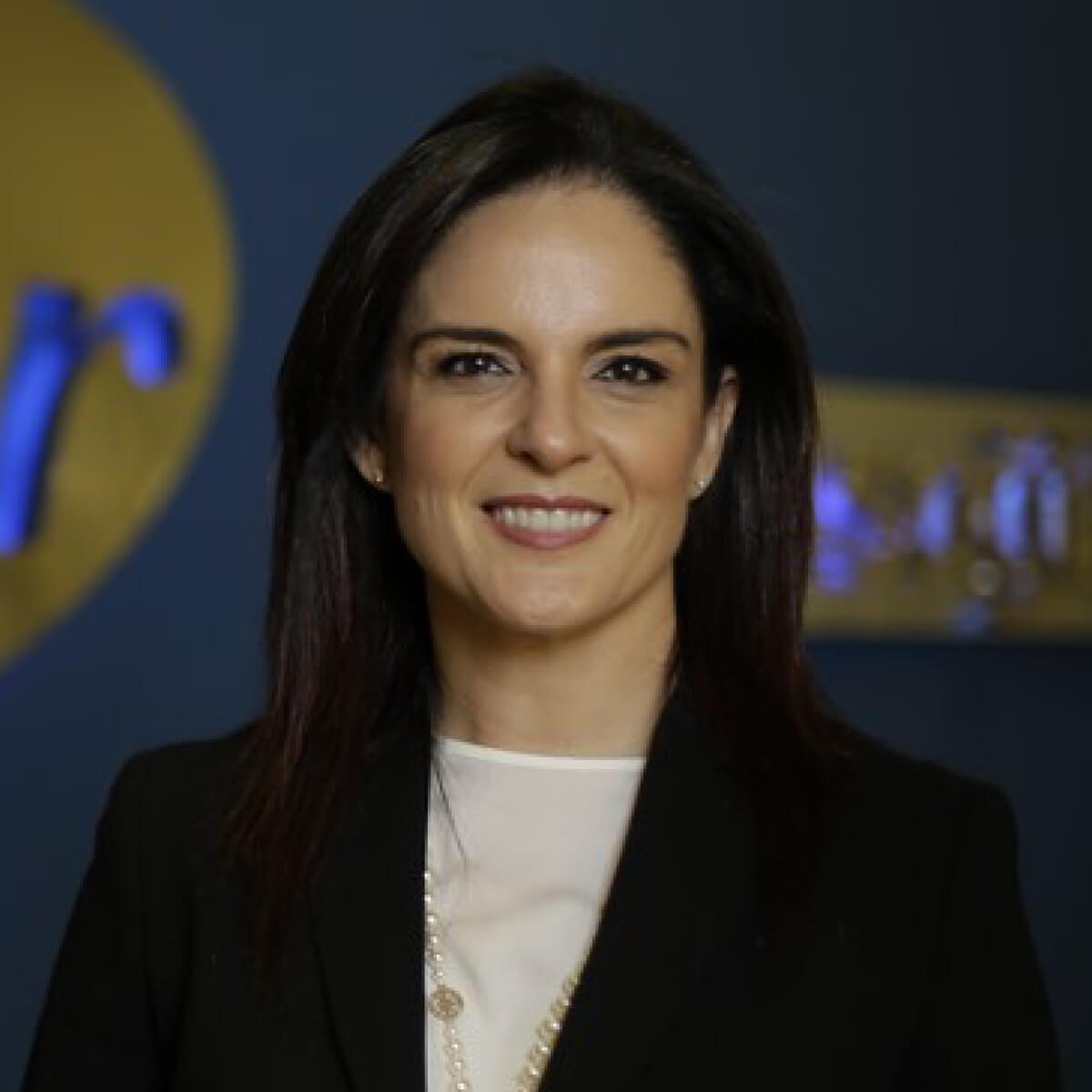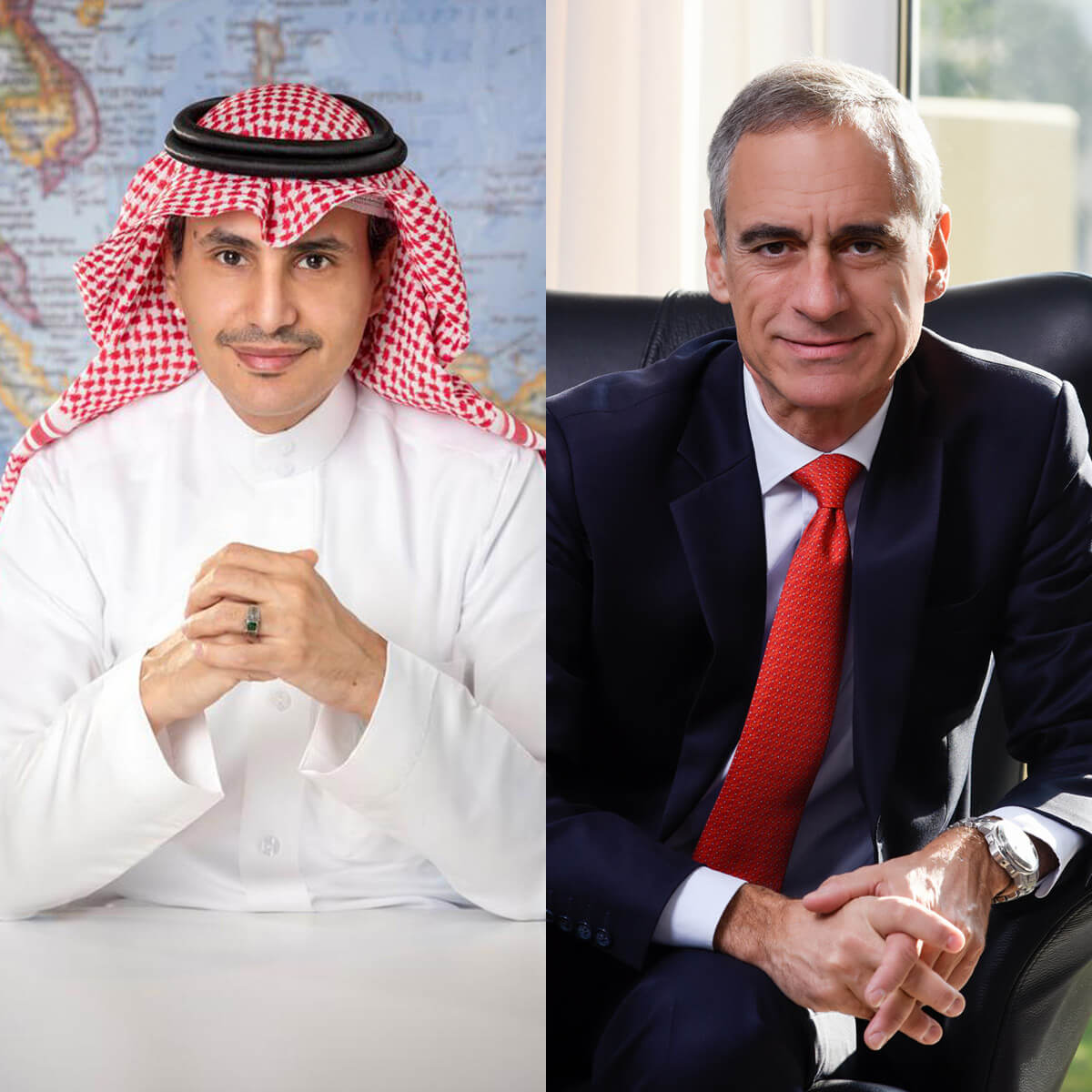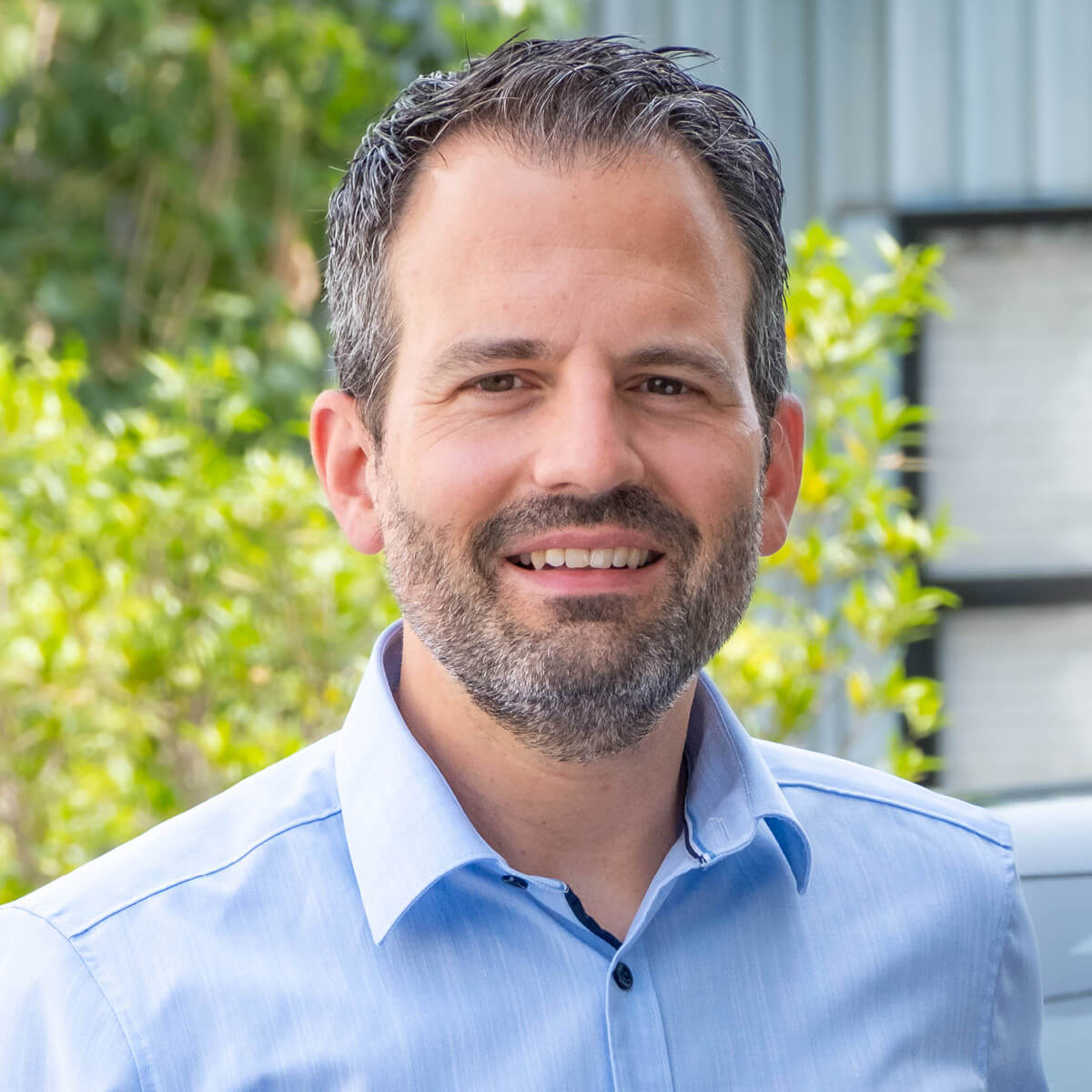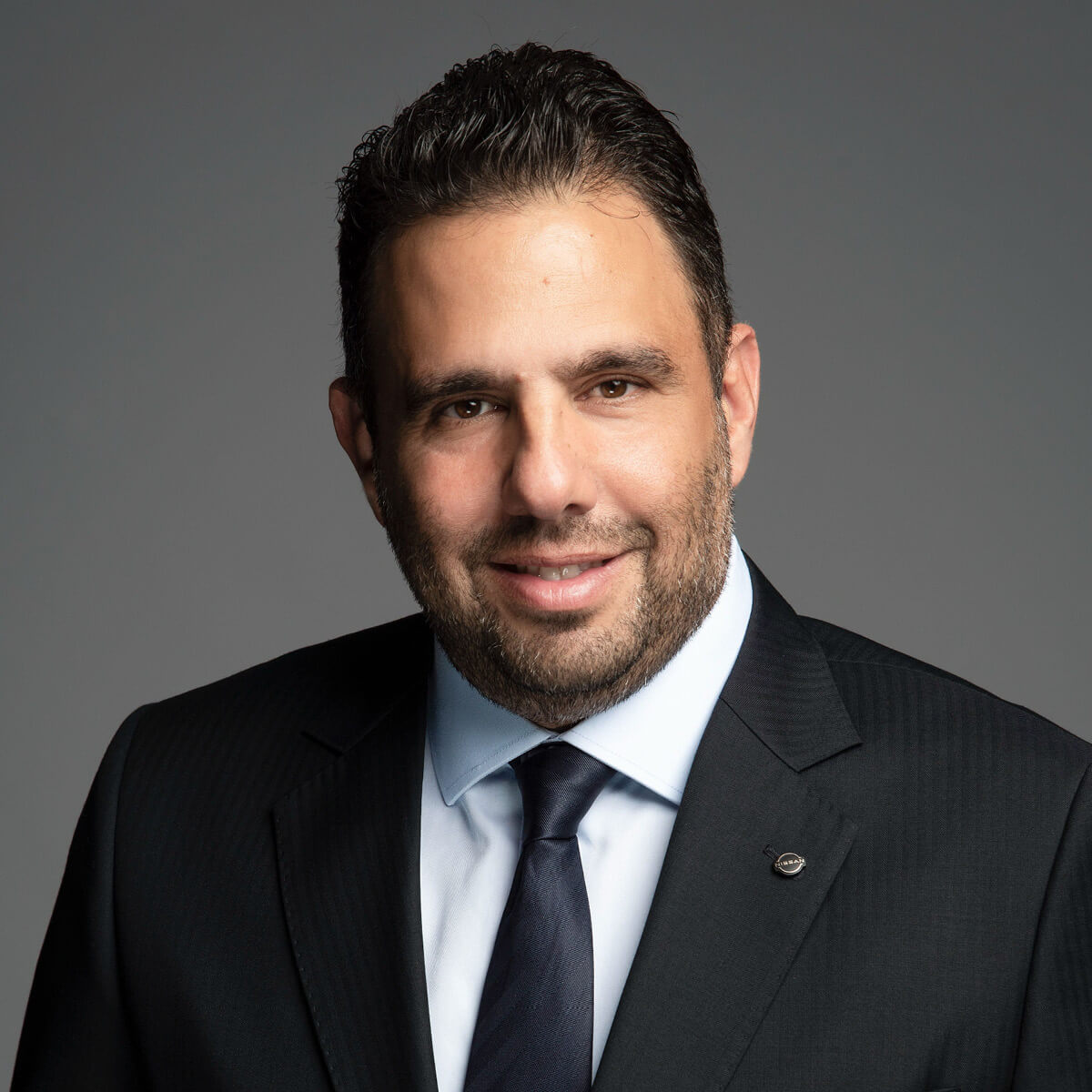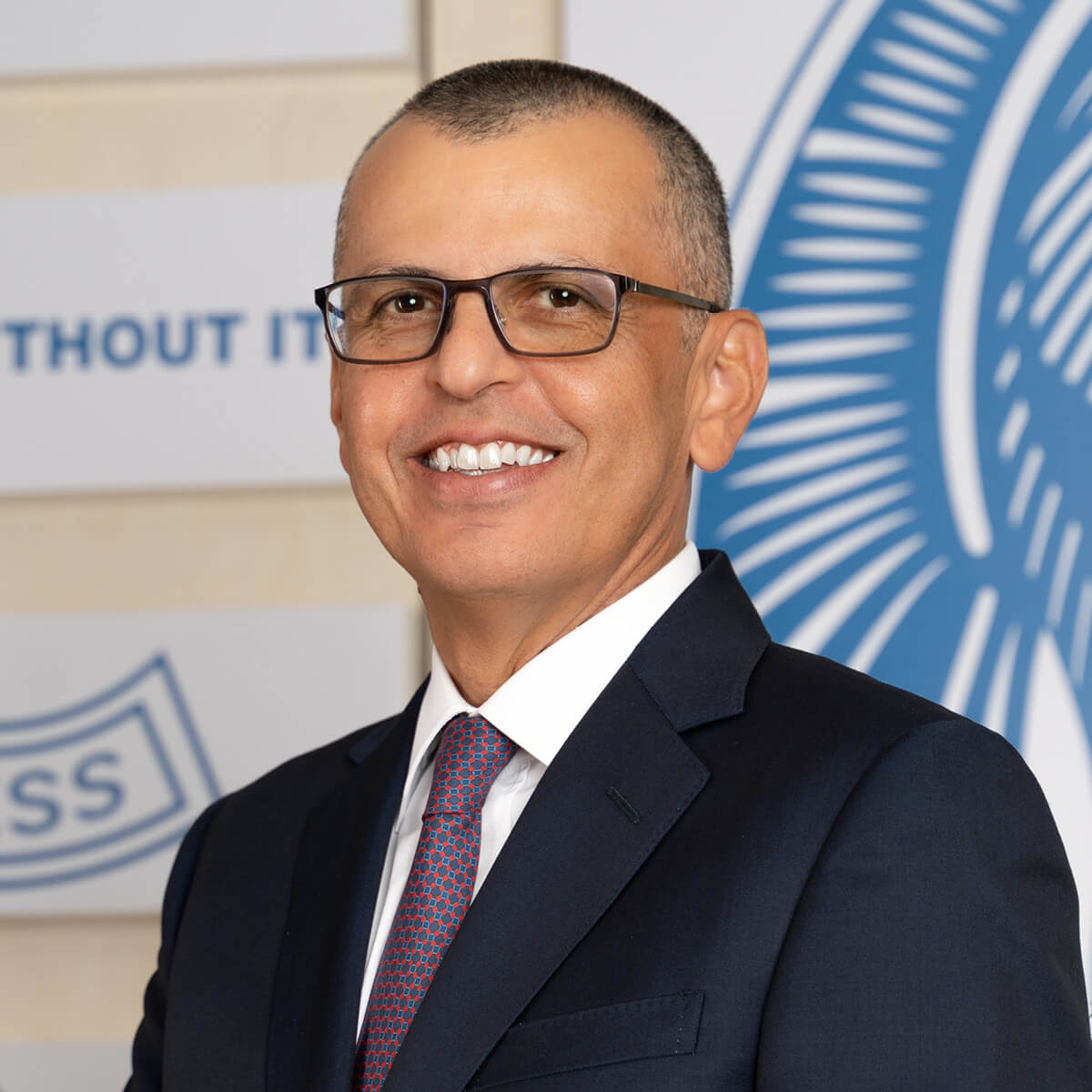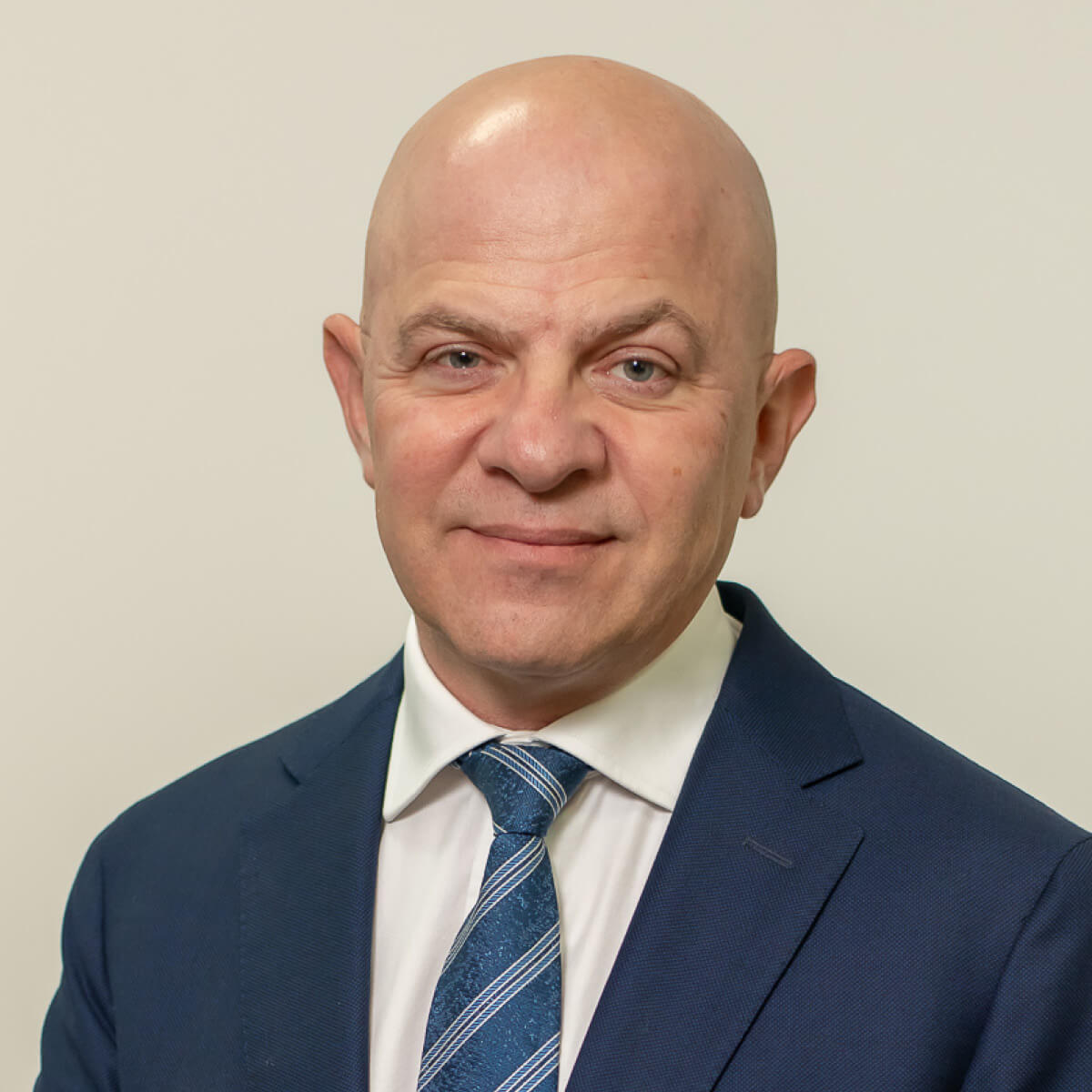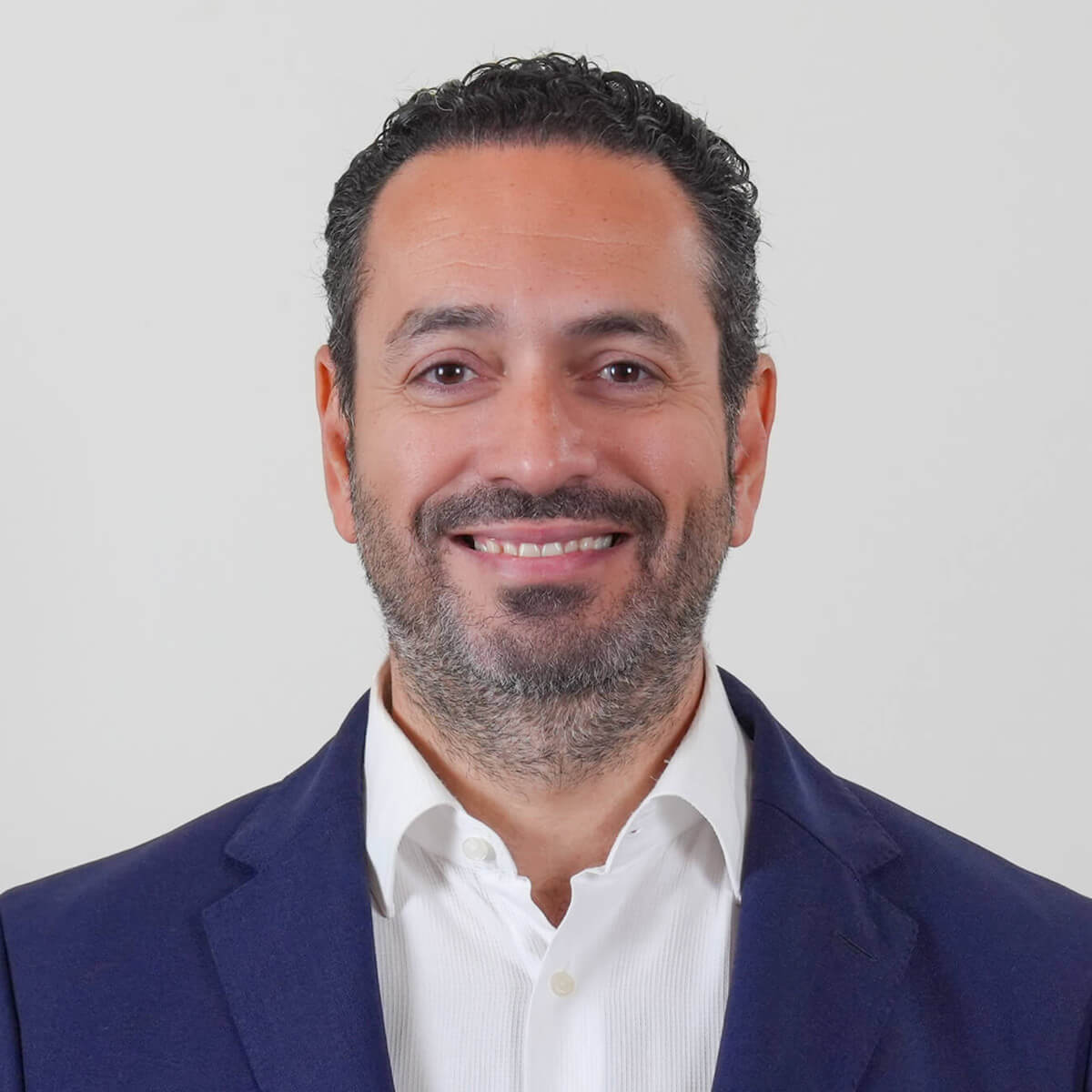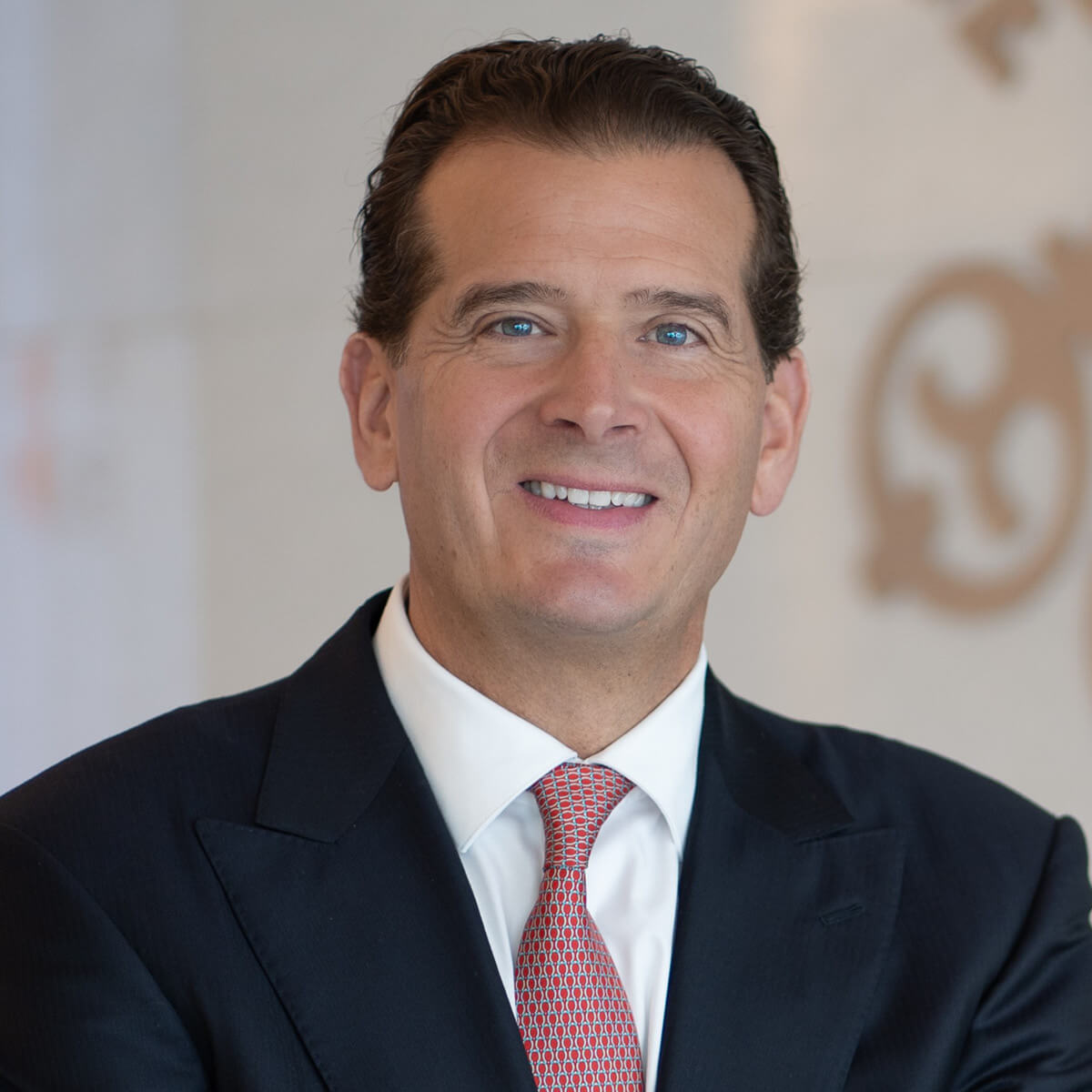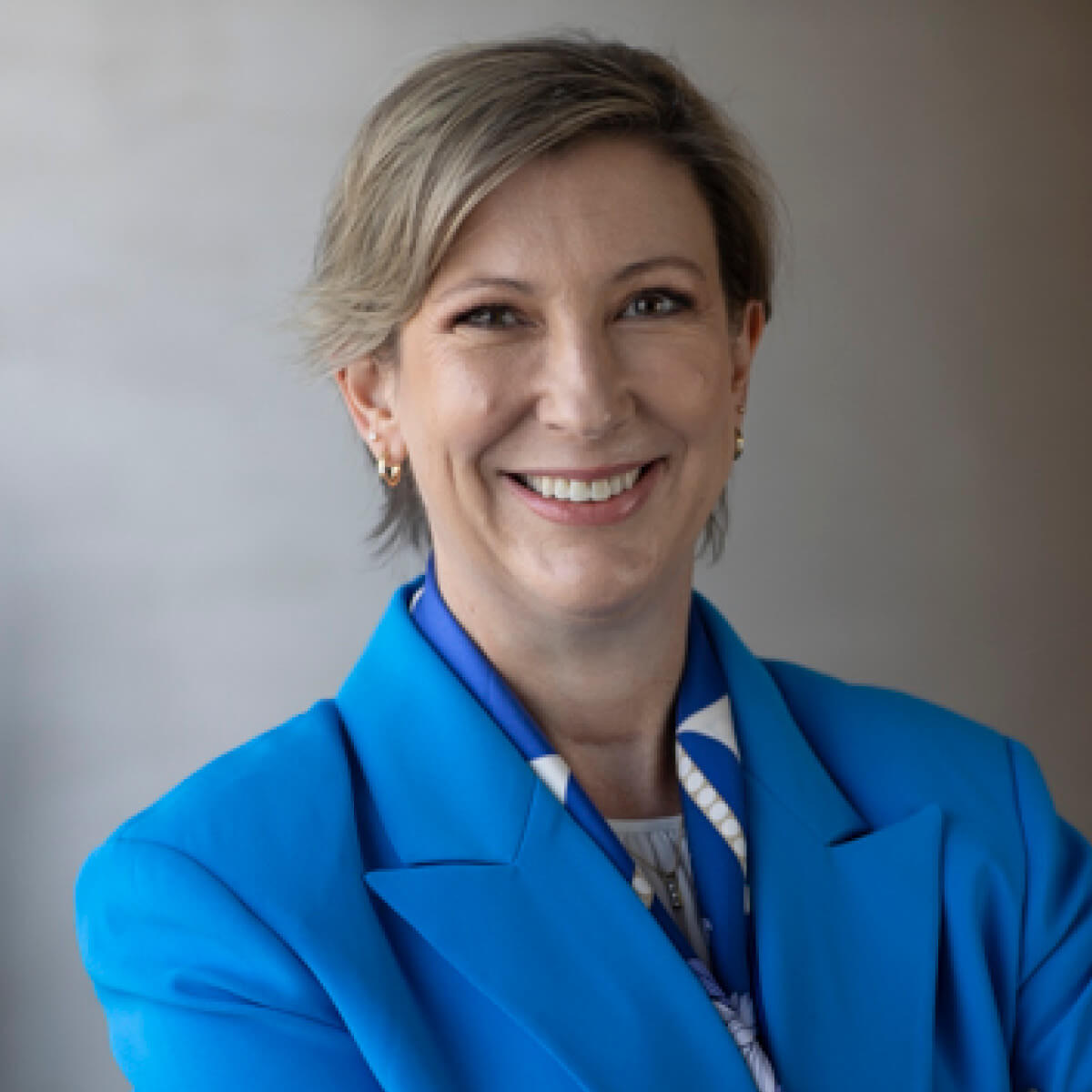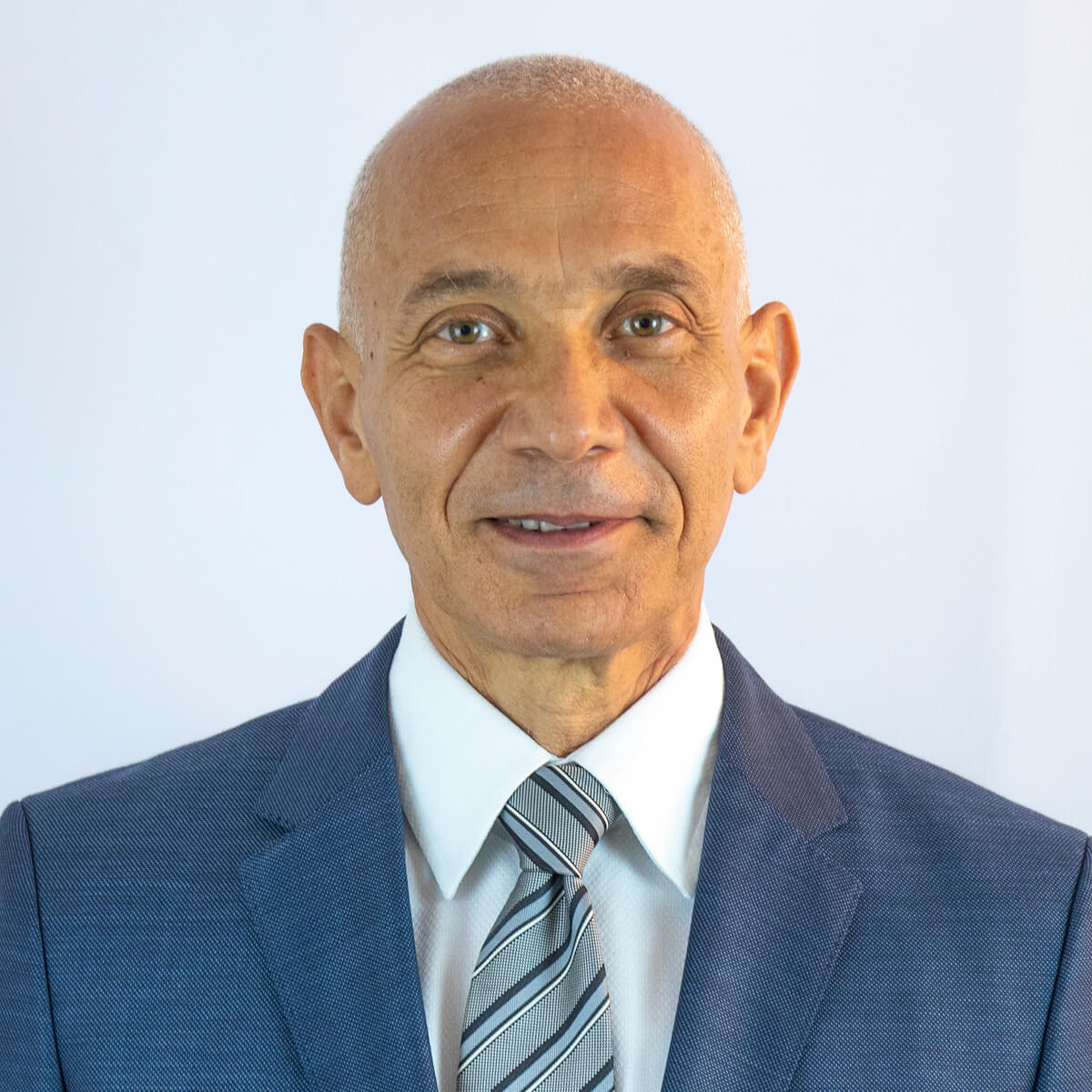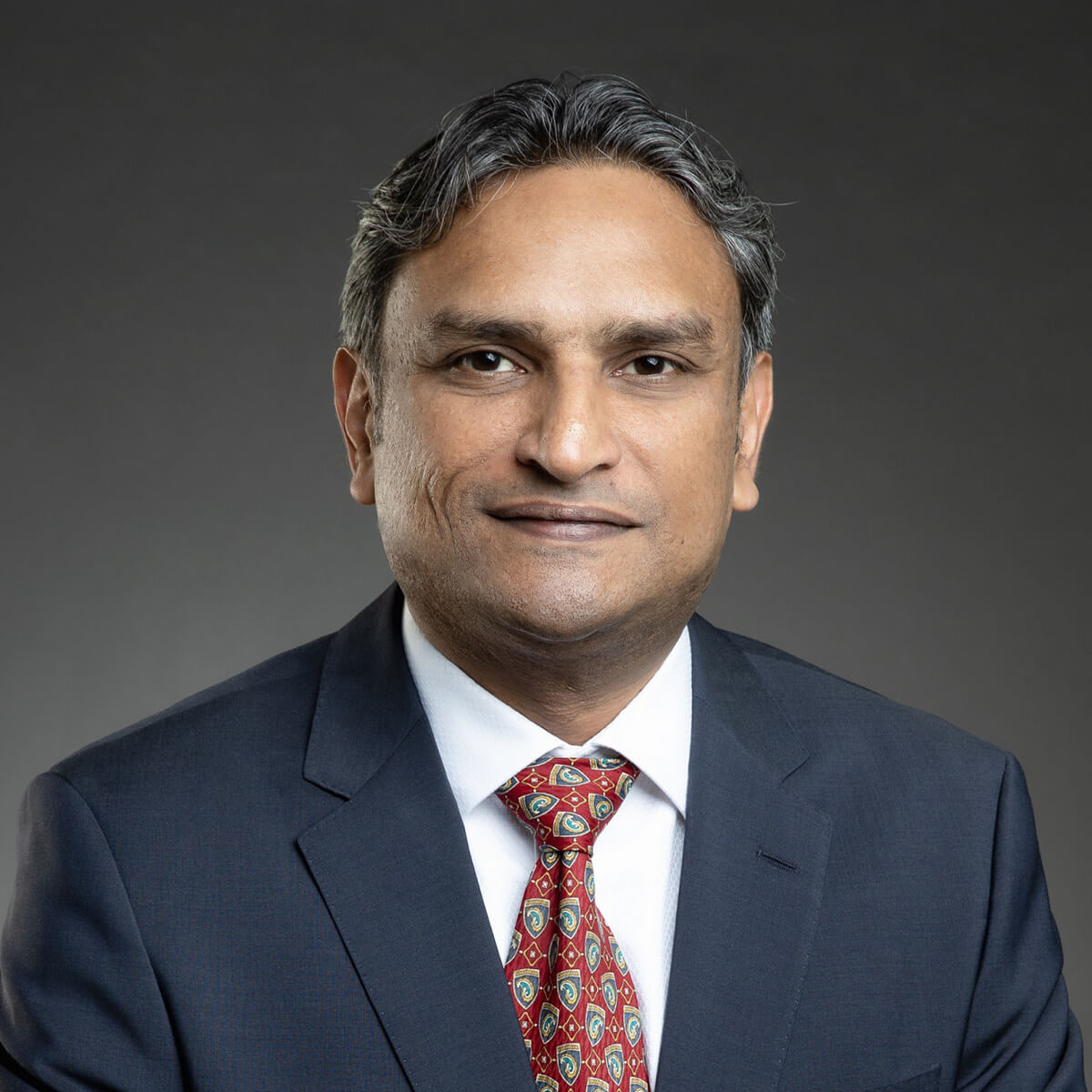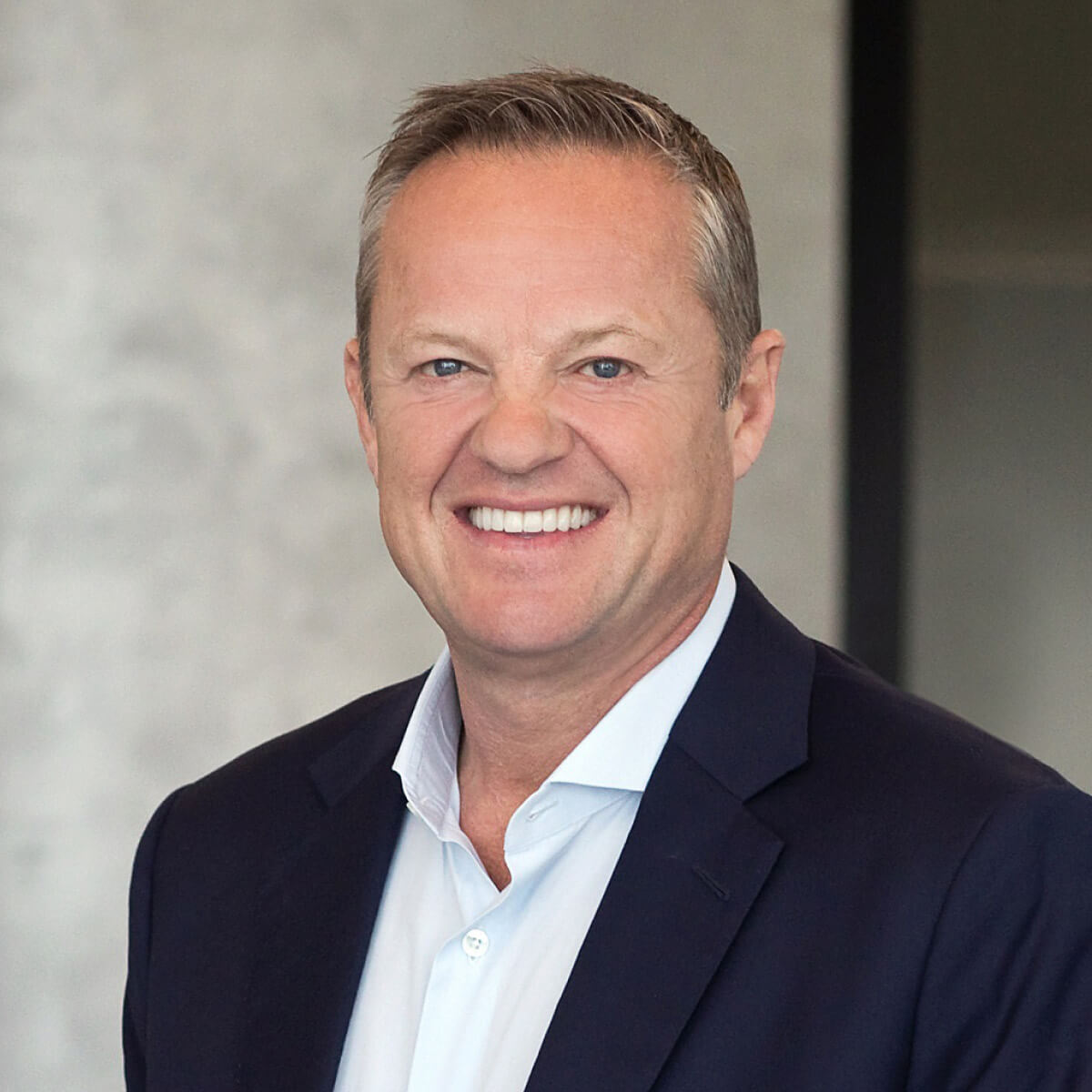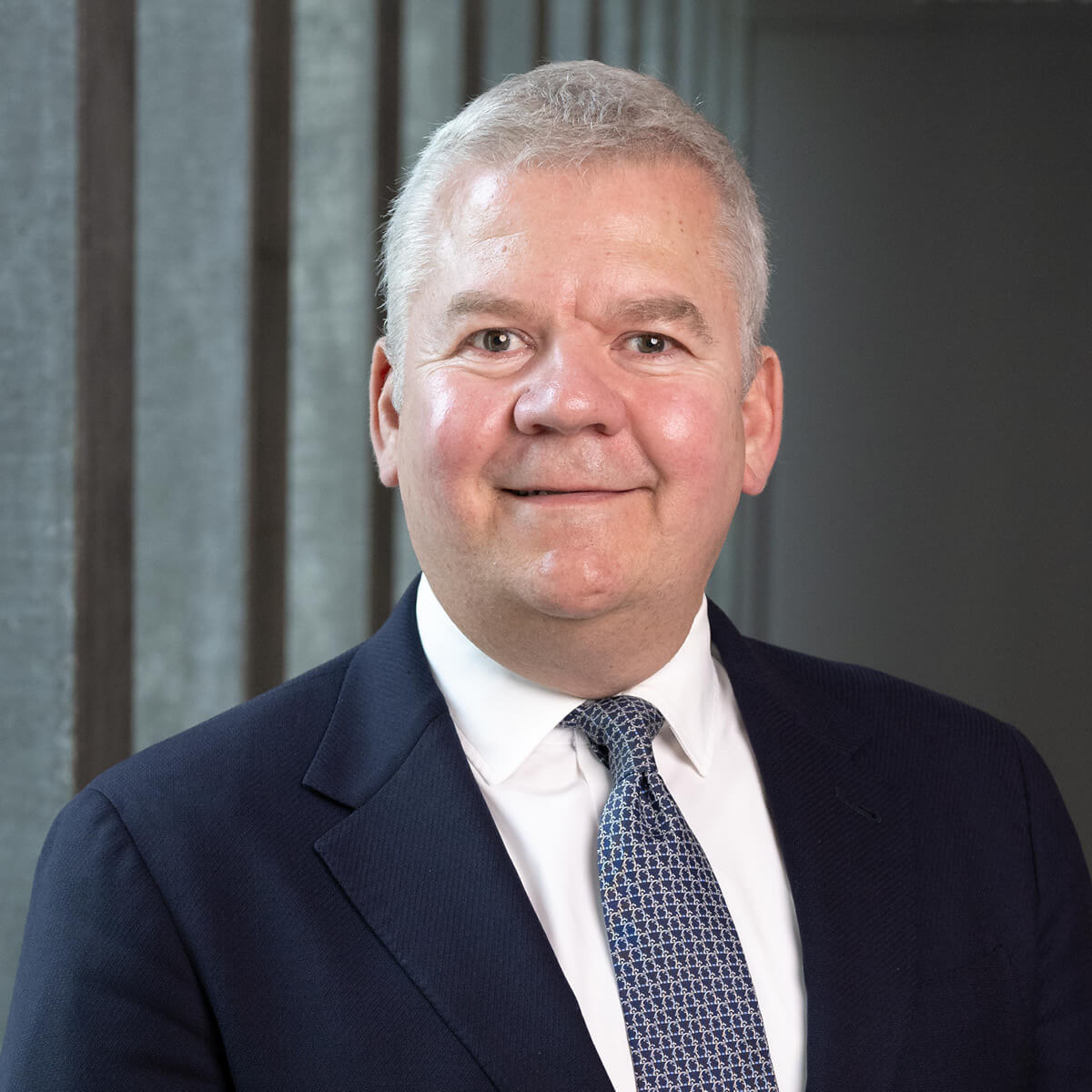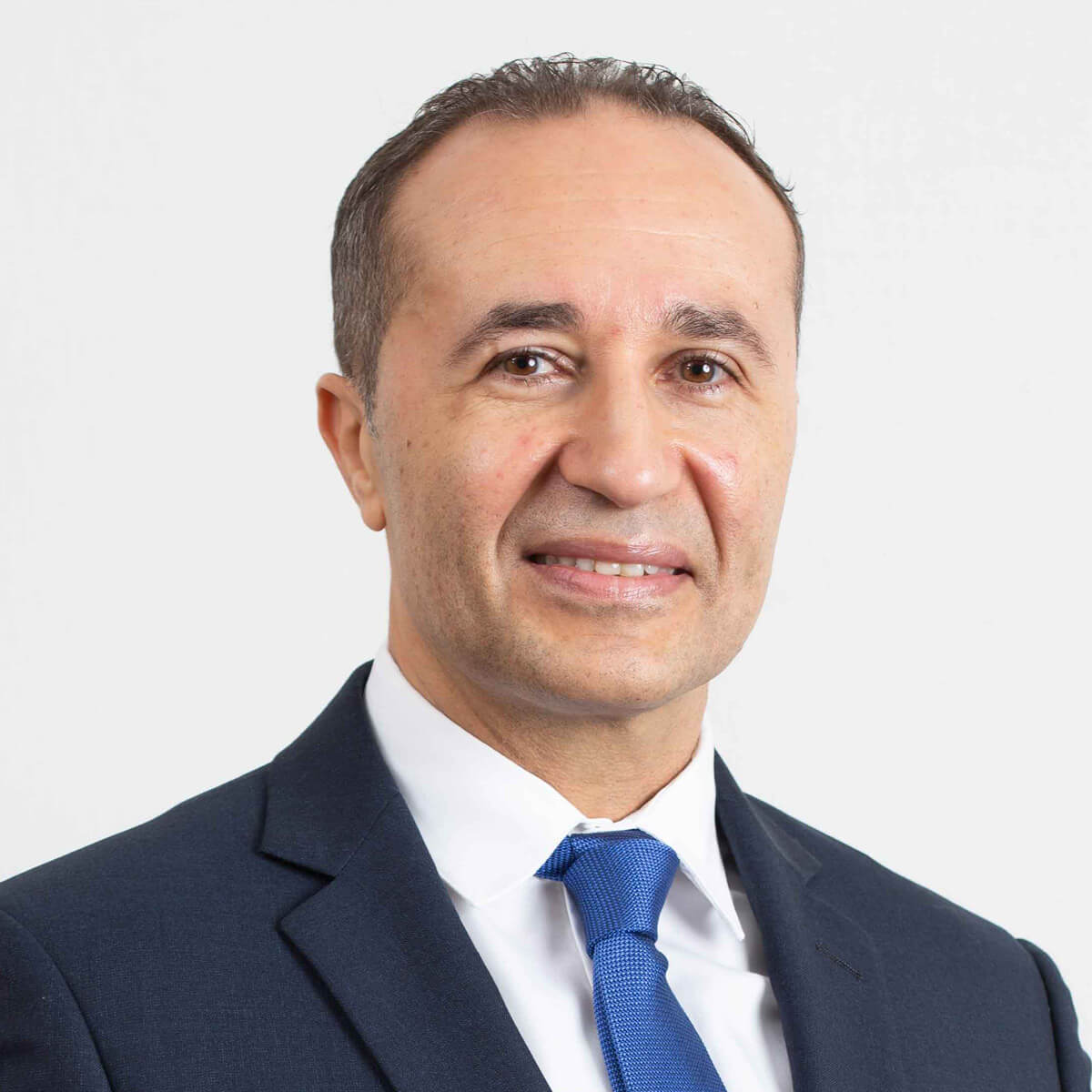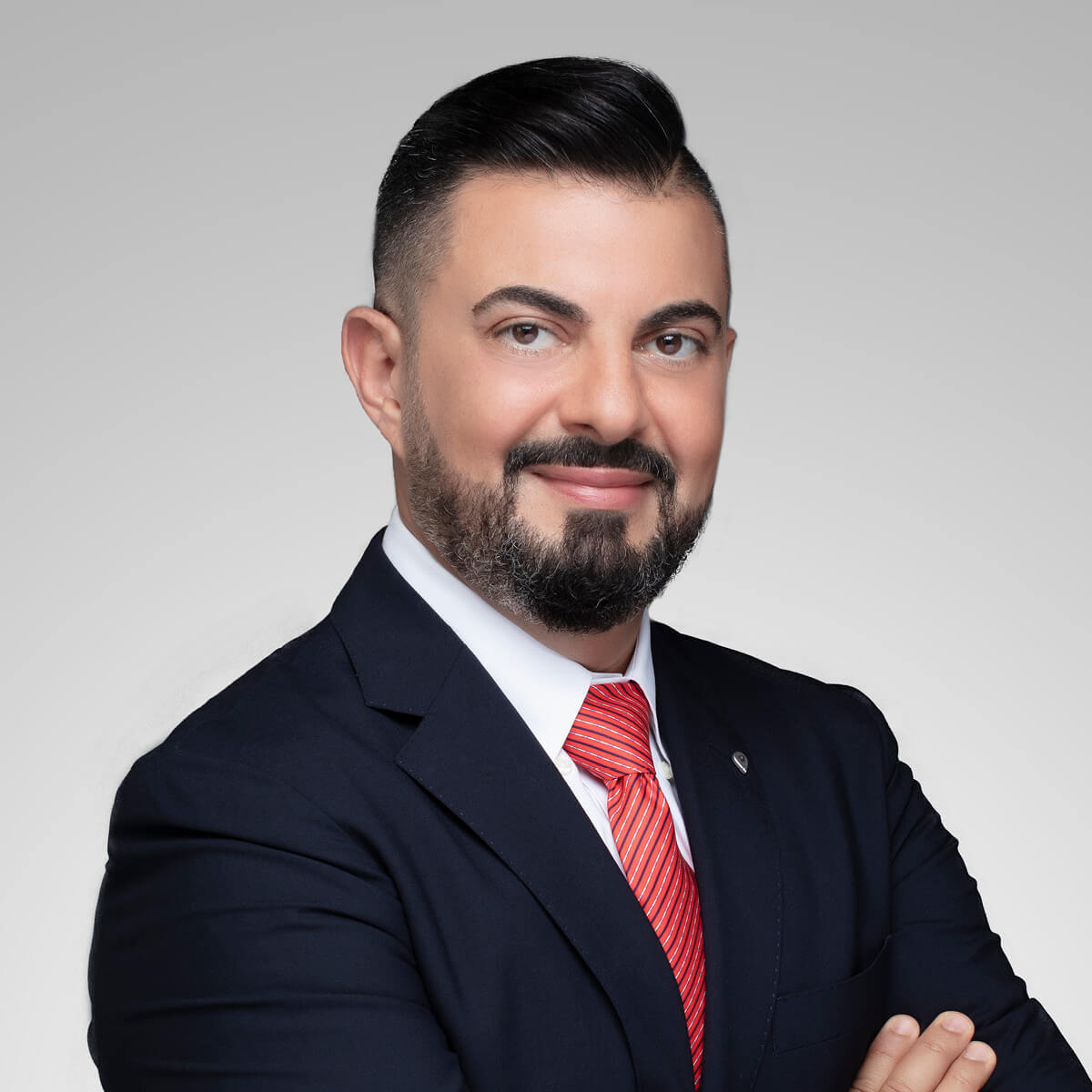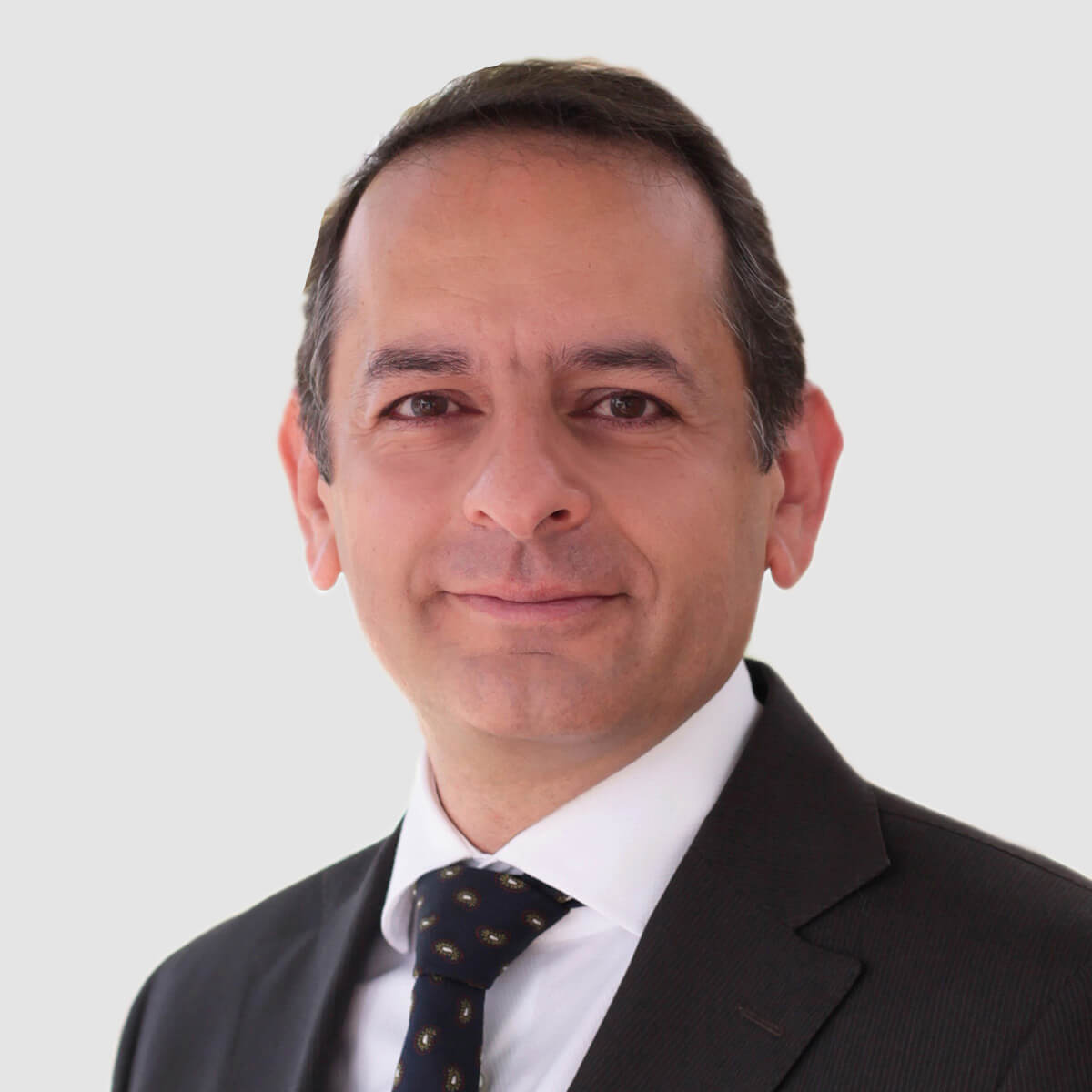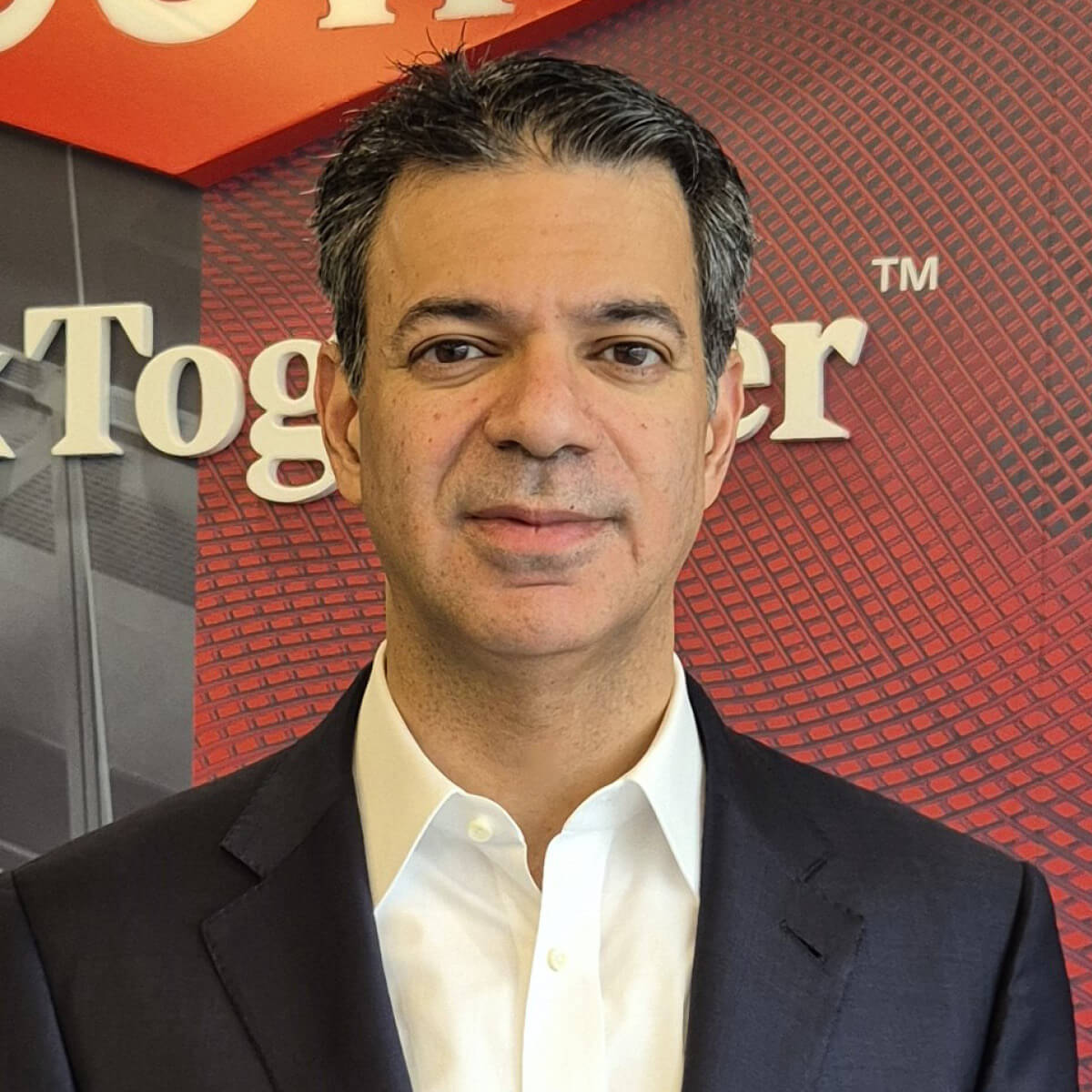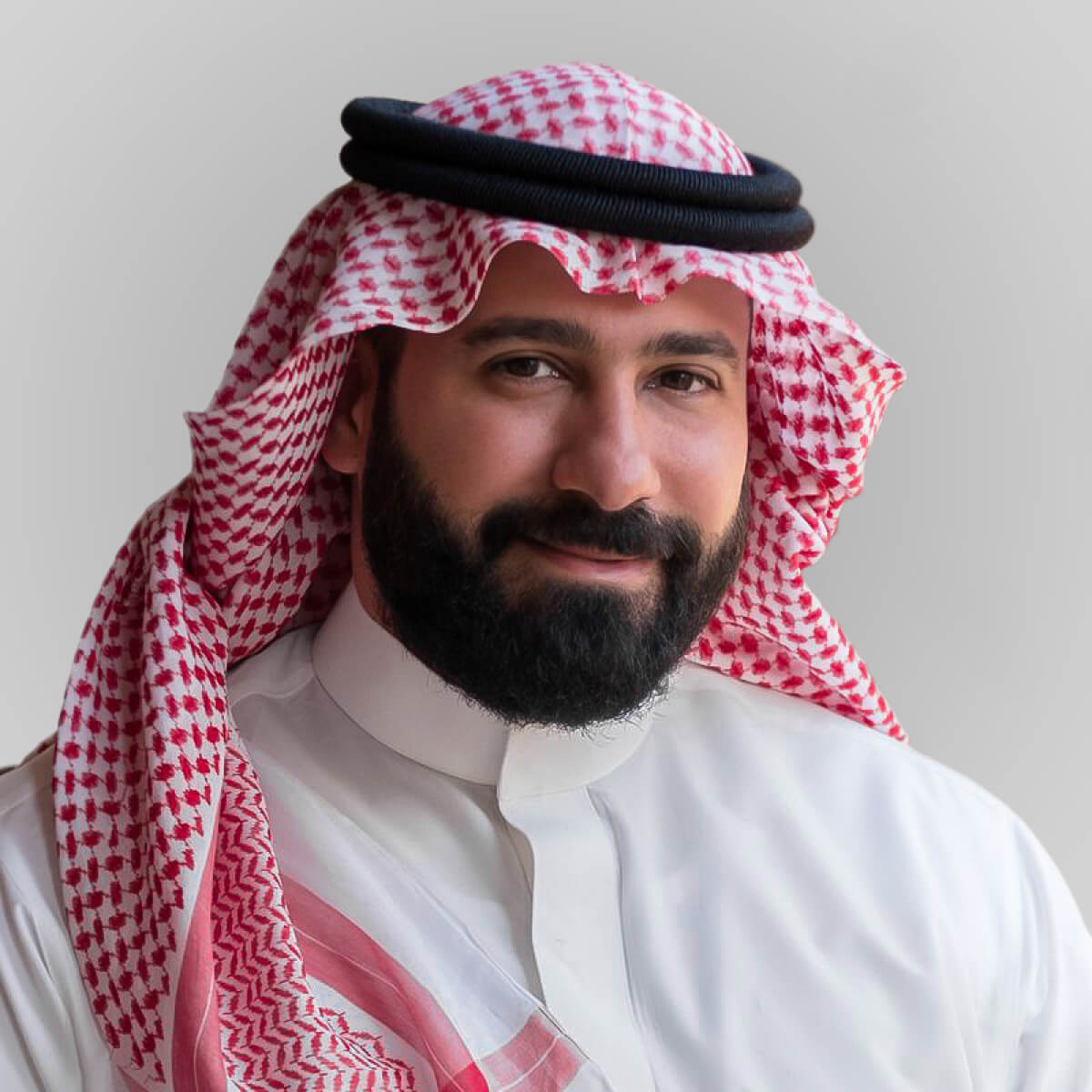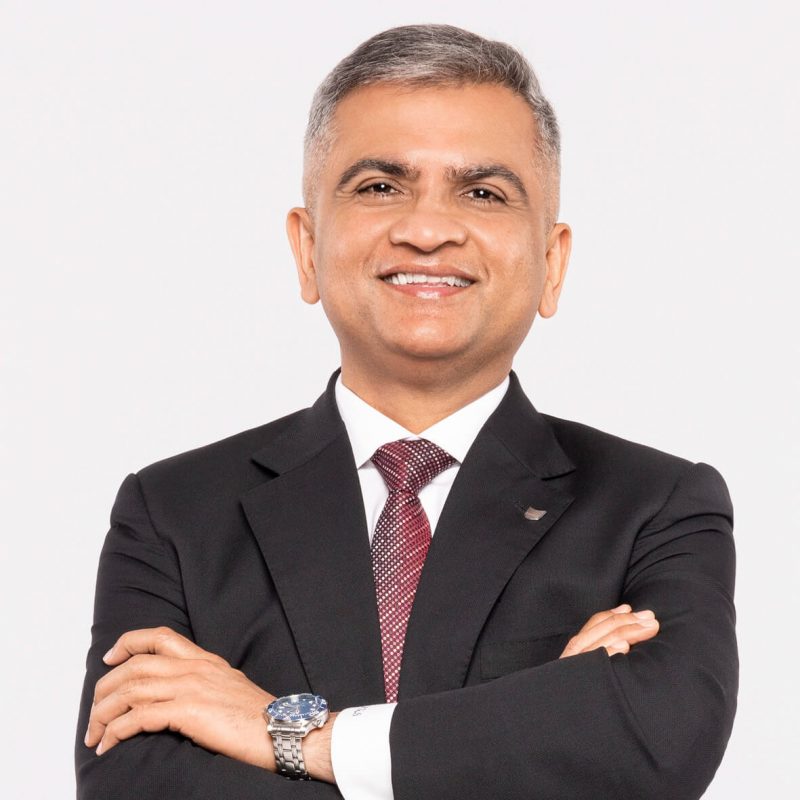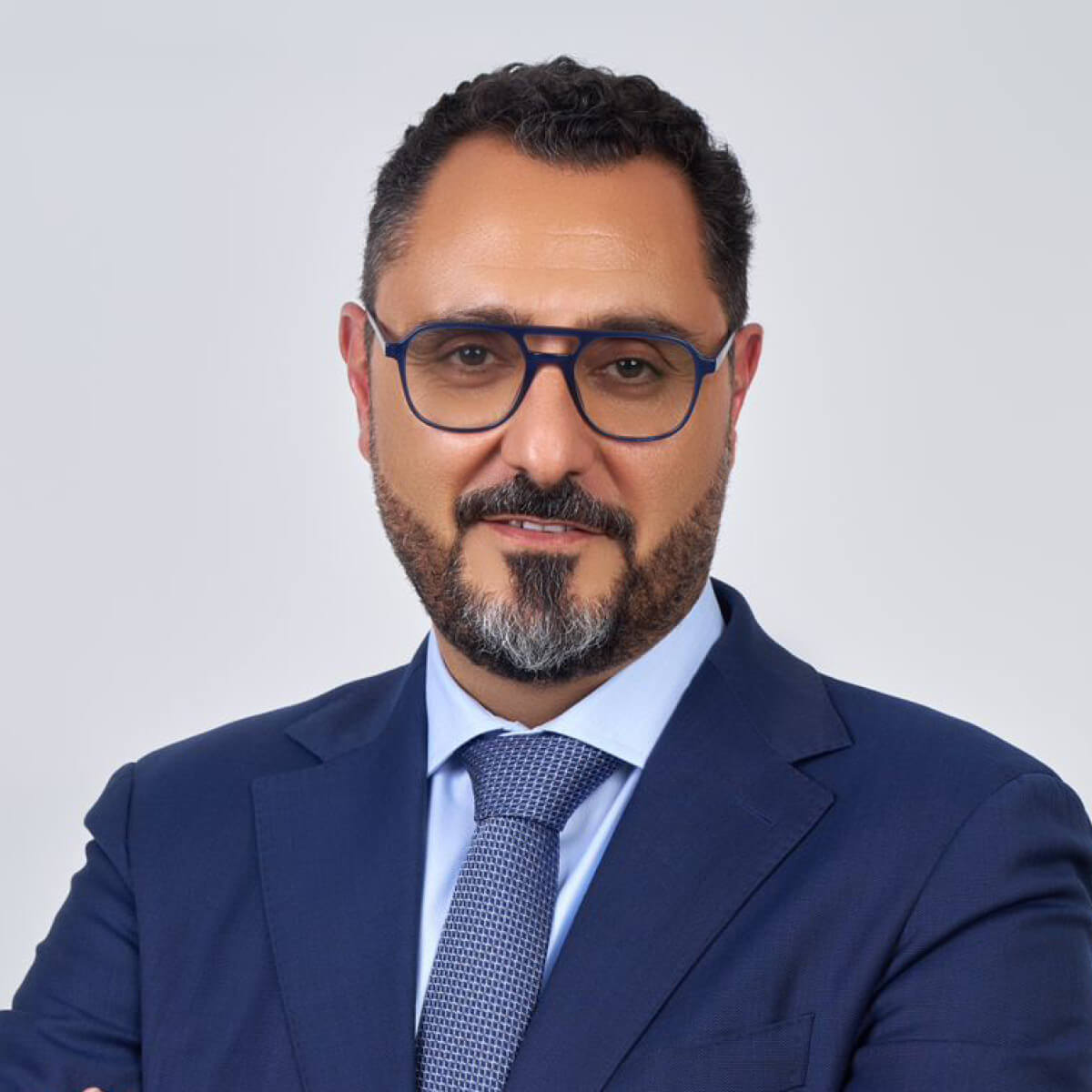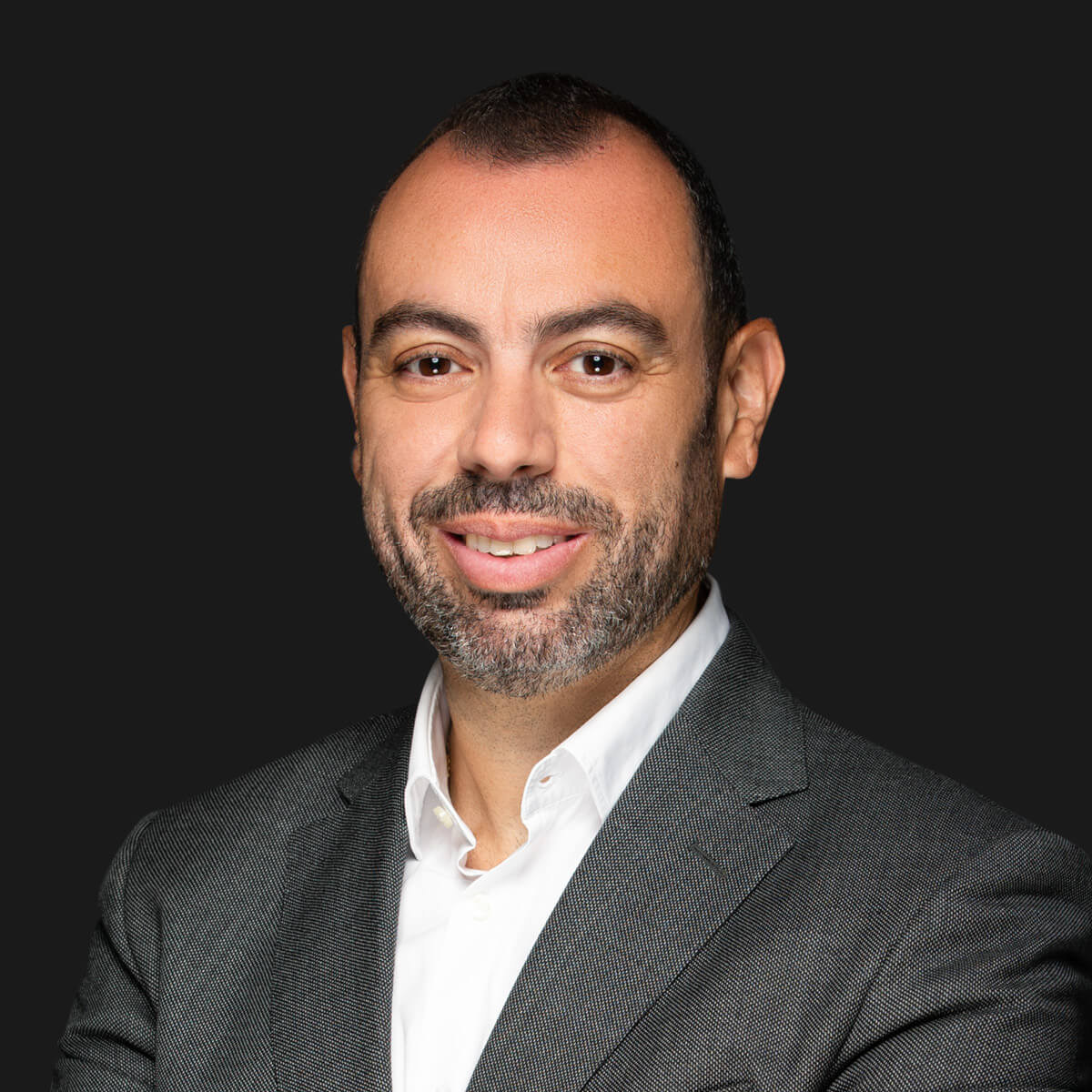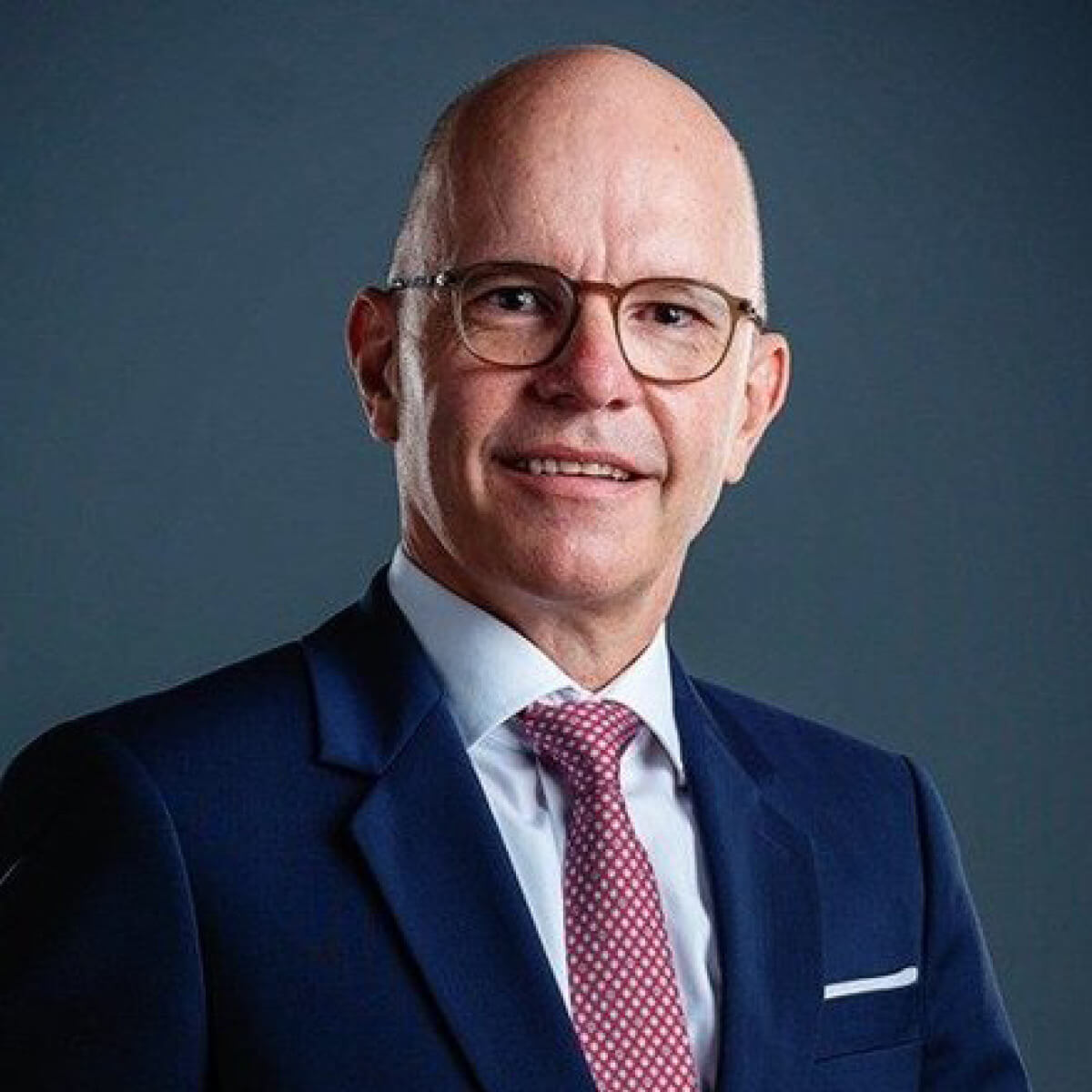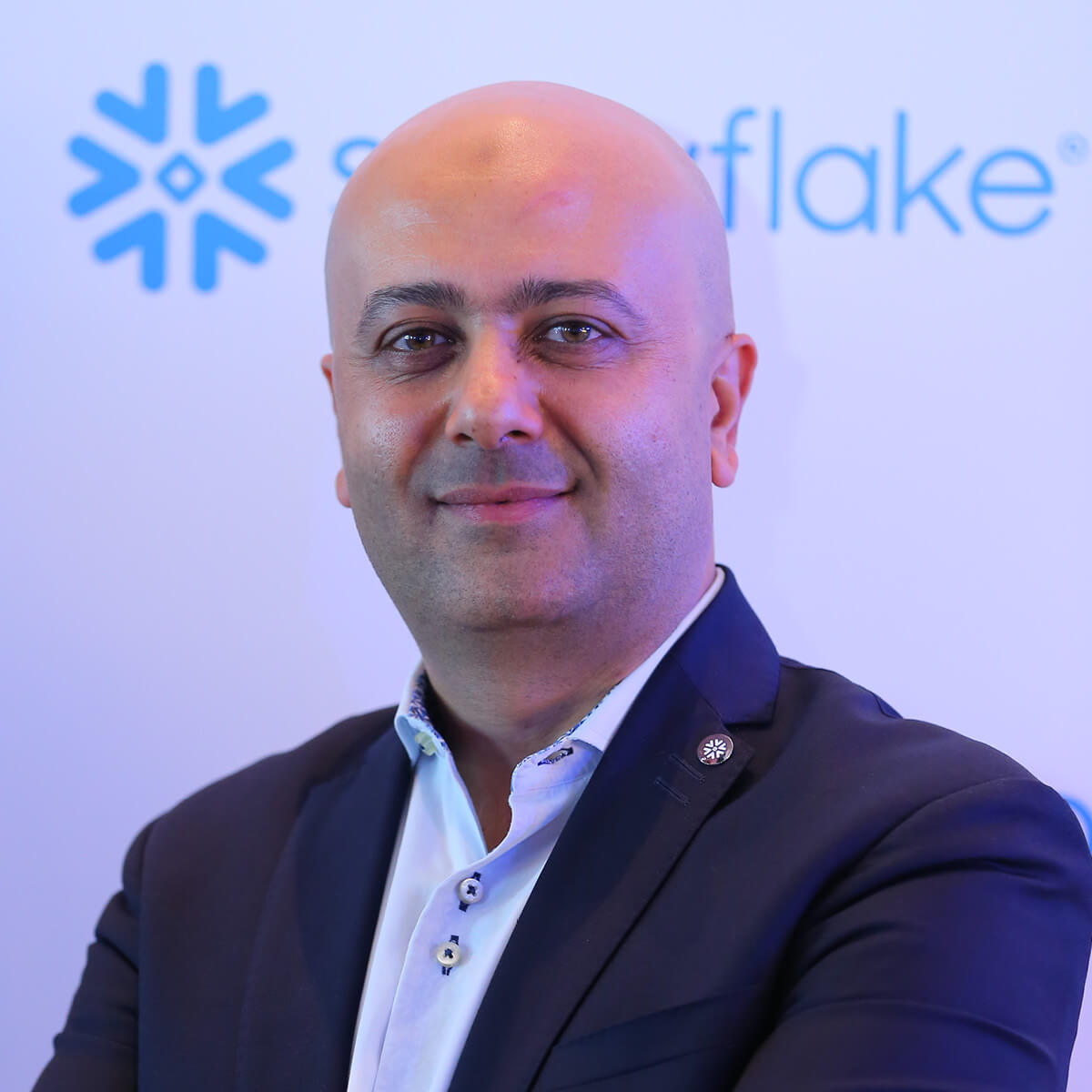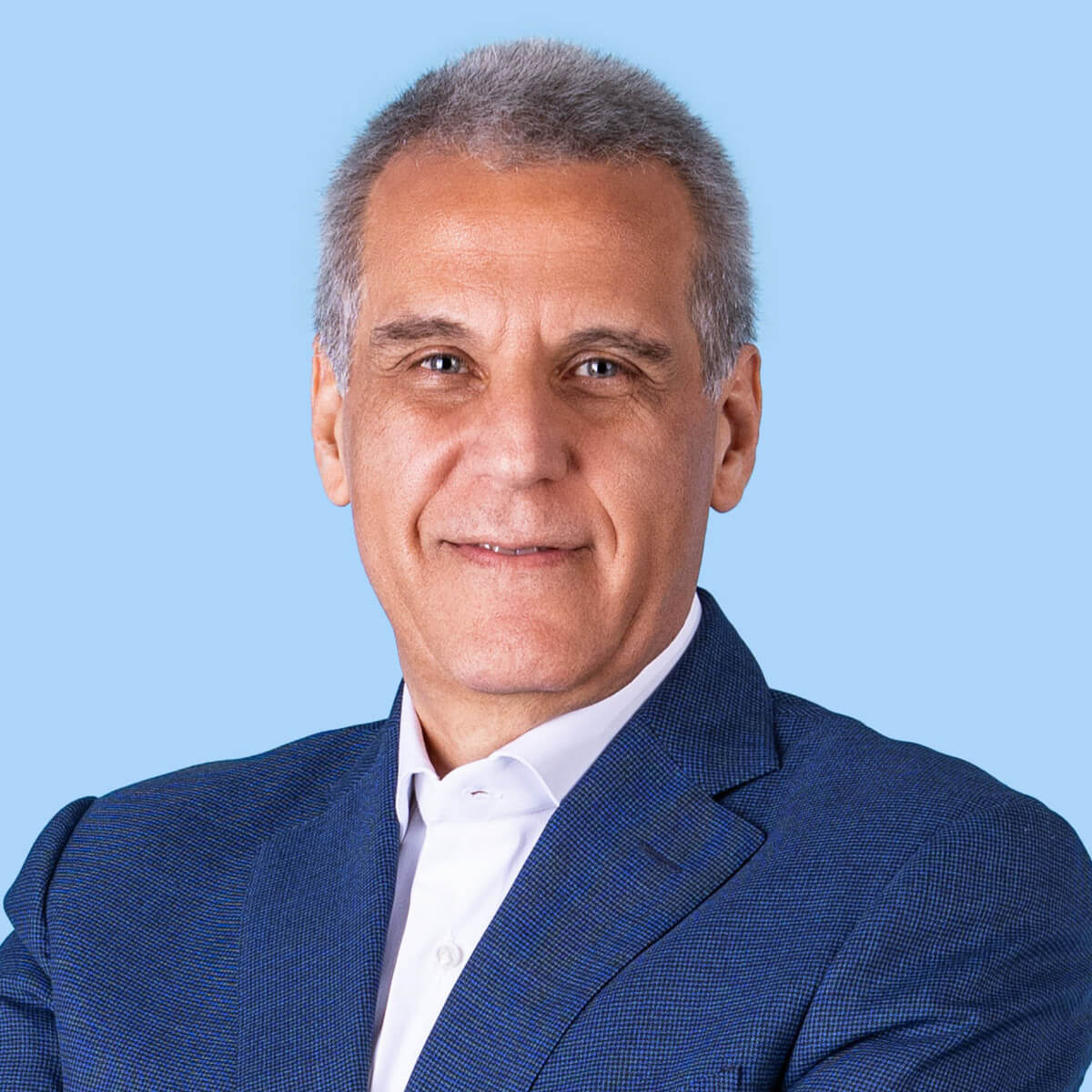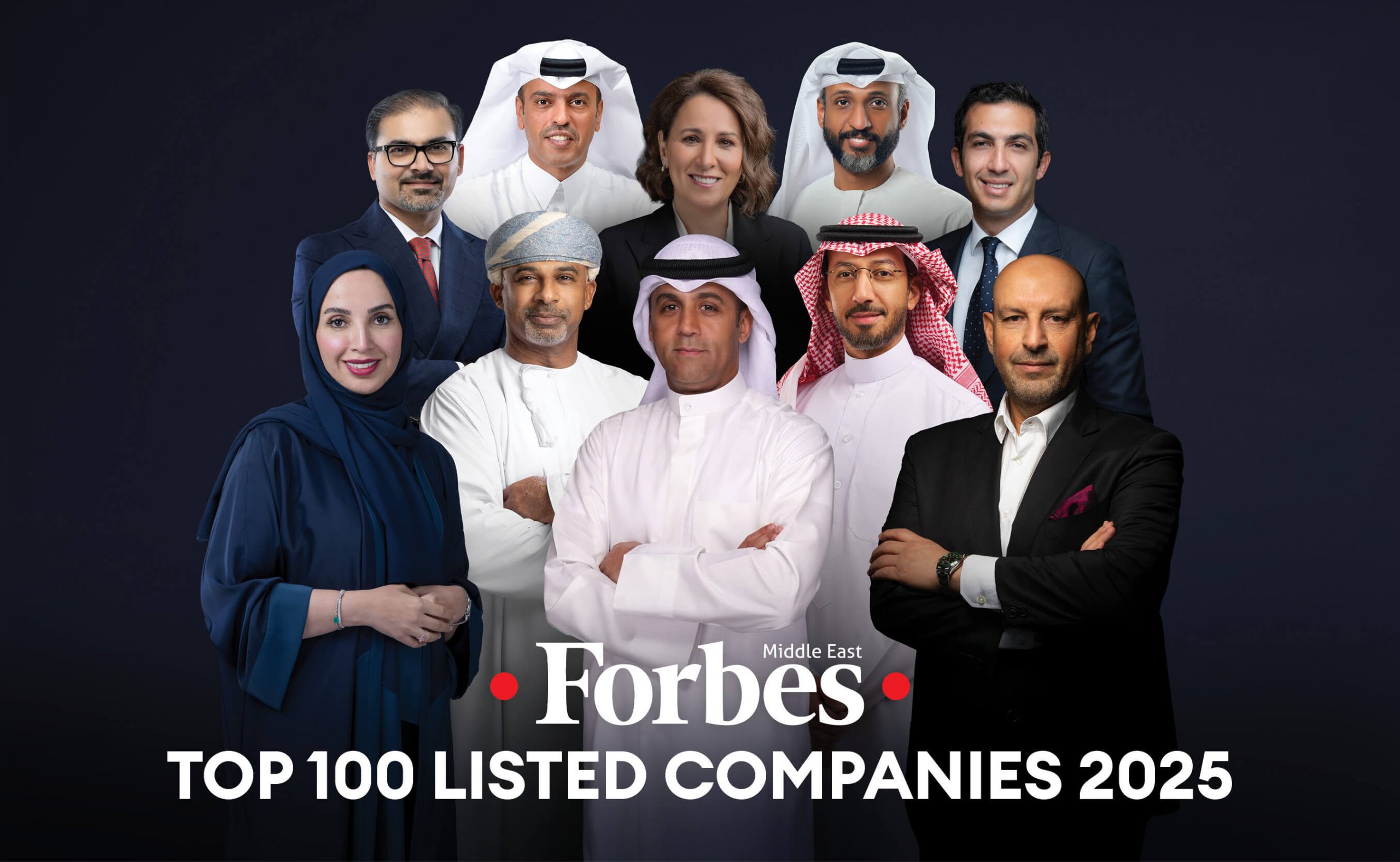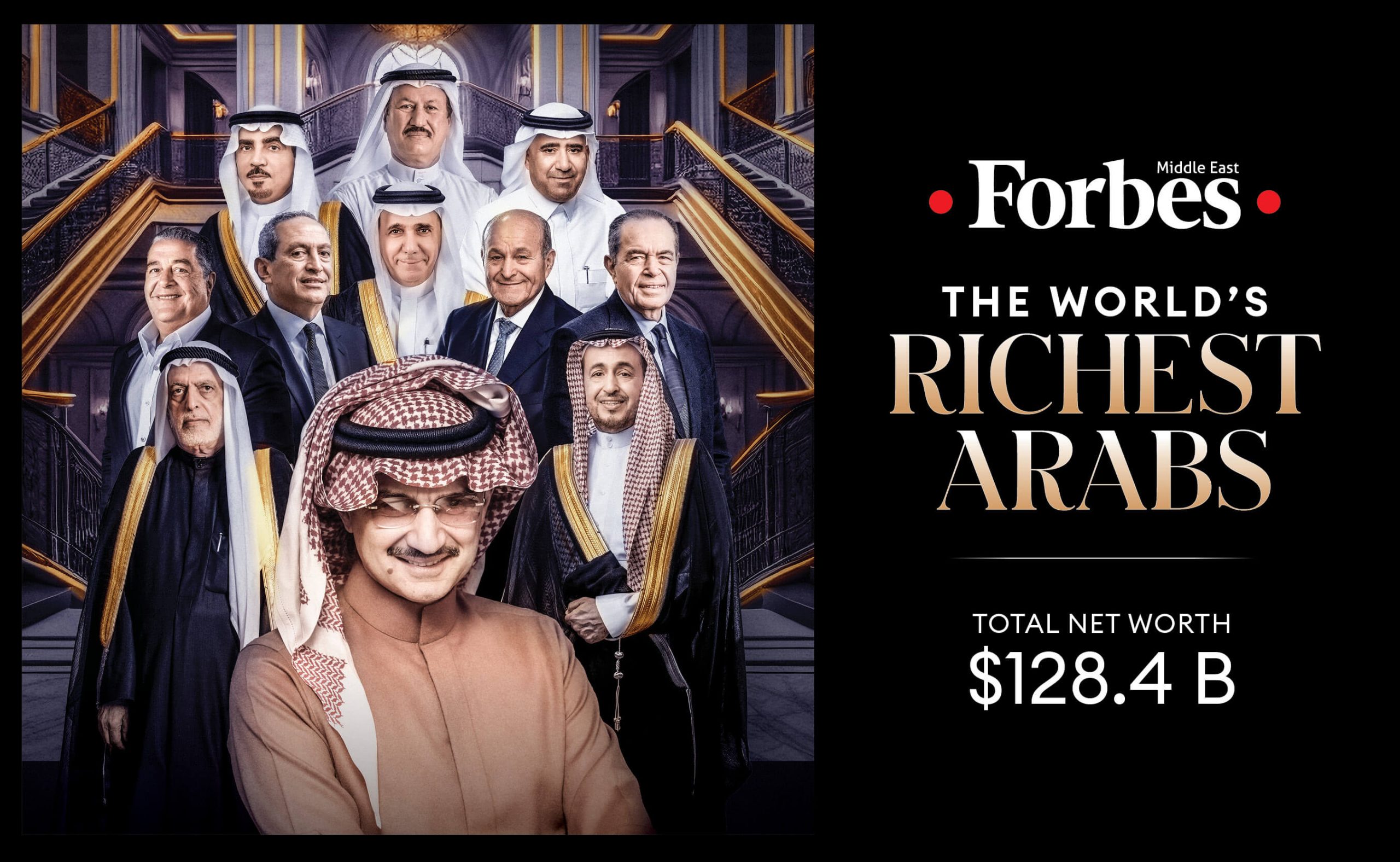Global Meets Local 2025
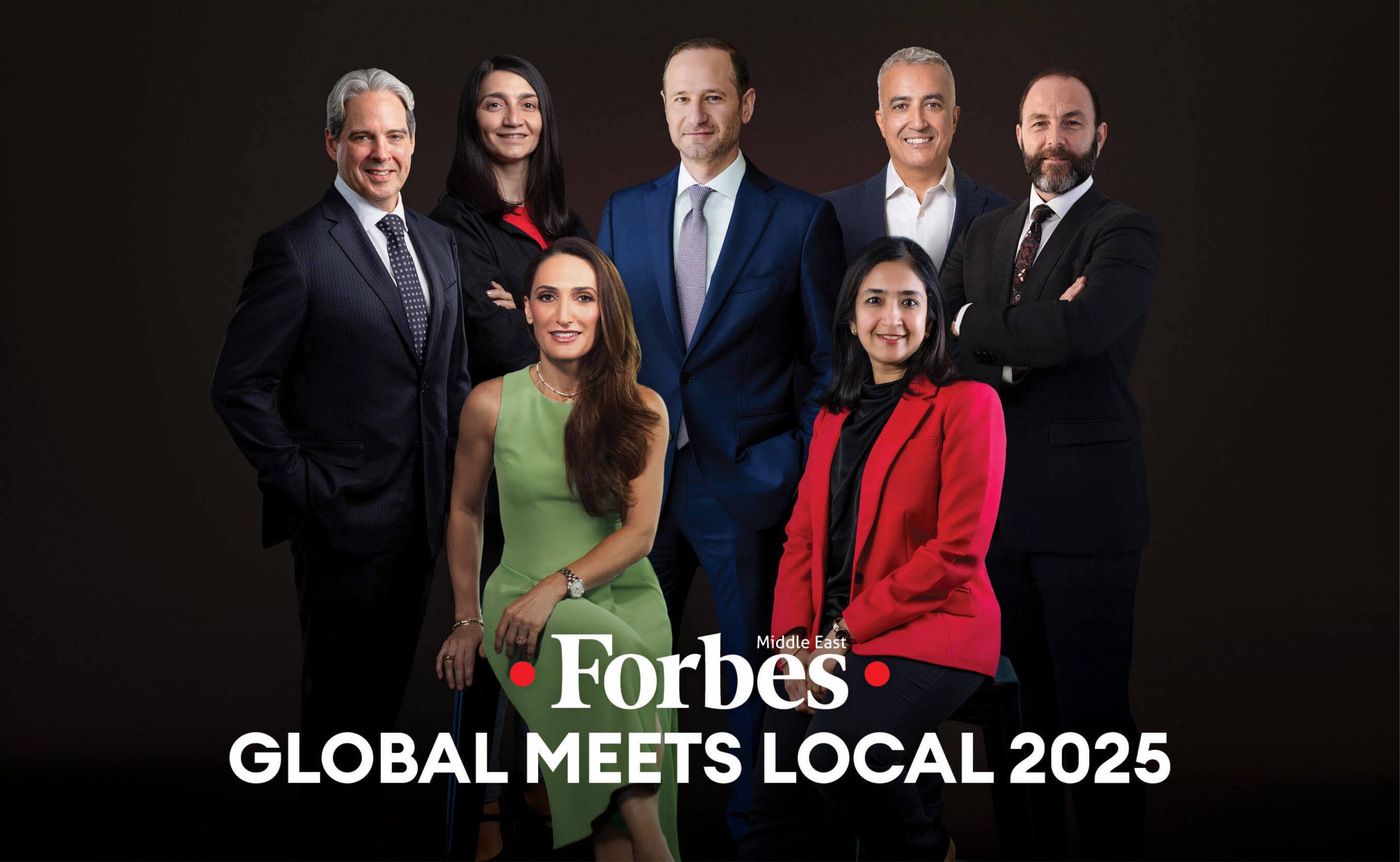

Powered By
As global corporations deepen their roots in MENA, the region continues to evolve into a magnet for investment, innovation, and cross-border collaboration. From aerospace to AI, healthcare to hospitality, multinational companies are not only expanding their regional footprints—they’re shaping the region’s future.
In 2025, FedEx signed a strategic MoU with Emirates Post to expand its reach across the U.A.E. and DHL committed over $575 million to strengthen logistics in fast growing markets, including Saudi Arabia and the U.A.E. Boeing and GE Aerospace also secured a $96 billion aerospace deal with Qatar Airways and a $14.5 billion deal from Etihad Airways. Meanwhile, Mastercard launched a Cyber Resilience Center in Riyadh, and IBM partnered with the Dubai Future Foundation to work on a sovereign cloud and AI innovation center in Dubai.
These initiatives are powered by the leaders featured in this year’s Global Meets Local ranking—executives who are driving transformation on the ground. Now in its 13th edition, the 2025 list spotlights 104 executives representing 100 of the world’s largest companies, all of which are featured on the Forbes Global 2000 list and maintain substantial operations across the region.
This year, 57% of the companies are headquartered in the U.S., with the remainder based across 15 other countries. The list spans 20 sectors, led by 23 technology companies, followed by eight automotive brands and seven food and drink companies, reflecting the region’s growing focus on digitization and mobility.
The featured executives come from 42 nationalities, with India leading with 13 executives, followed by the U.K. with 10, and Lebanon and Egypt, with nine and seven, respectively. Many of these leaders serve on advisory boards, government councils, and chambers of commerce, further reinforcing their strategic role in shaping the region’s policy and economic direction.
Global Meets Local 2025
Methodology
To compile our Global Meets Local 2025 ranking, we first looked at this year’s Forbes Global 2000 list and identified those companies with significant operations in MENA. We then identified the top-ranking executive at the company’s regional headquarters and analyzed their impact and achievements. Executives had to be living in MENA to be considered.
We ranked the executives based on the following criteria:
• The impact that the executive has had on the region and the markets that they serve.
• The achievements and performance of the executive in the last year.
• The number and extent of the sustainability and CSR initiatives led by the executive.
• Their designation and the geographical area that they oversee.
• The size of the business in terms of the number of employees, revenues, if given, project value, and product reach.
• The number of years of industry experience the executive has and the time served in their current role.
• The rank of the global organization on the Forbes Global 2000 list.
Methodology
To compile our Global Meets Local 2025 ranking, we first looked at this year’s Forbes Global 2000 list and identified those companies with significant operations in MENA. We then identified the top-ranking executive at the company’s regional headquarters and analyzed their impact and achievements. Executives had to be living in MENA to be considered.
We ranked the executives based on the following criteria:
• The impact that the executive has had on the region and the markets that they serve.
• The achievements and performance of the executive in the last year.
• The number and extent of the sustainability and CSR initiatives led by the executive.
• Their designation and the geographical area that they oversee.
• The size of the business in terms of the number of employees, revenues, if given, project value, and product reach.
• The number of years of industry experience the executive has and the time served in their current role.
• The rank of the global organization on the Forbes Global 2000 list.
